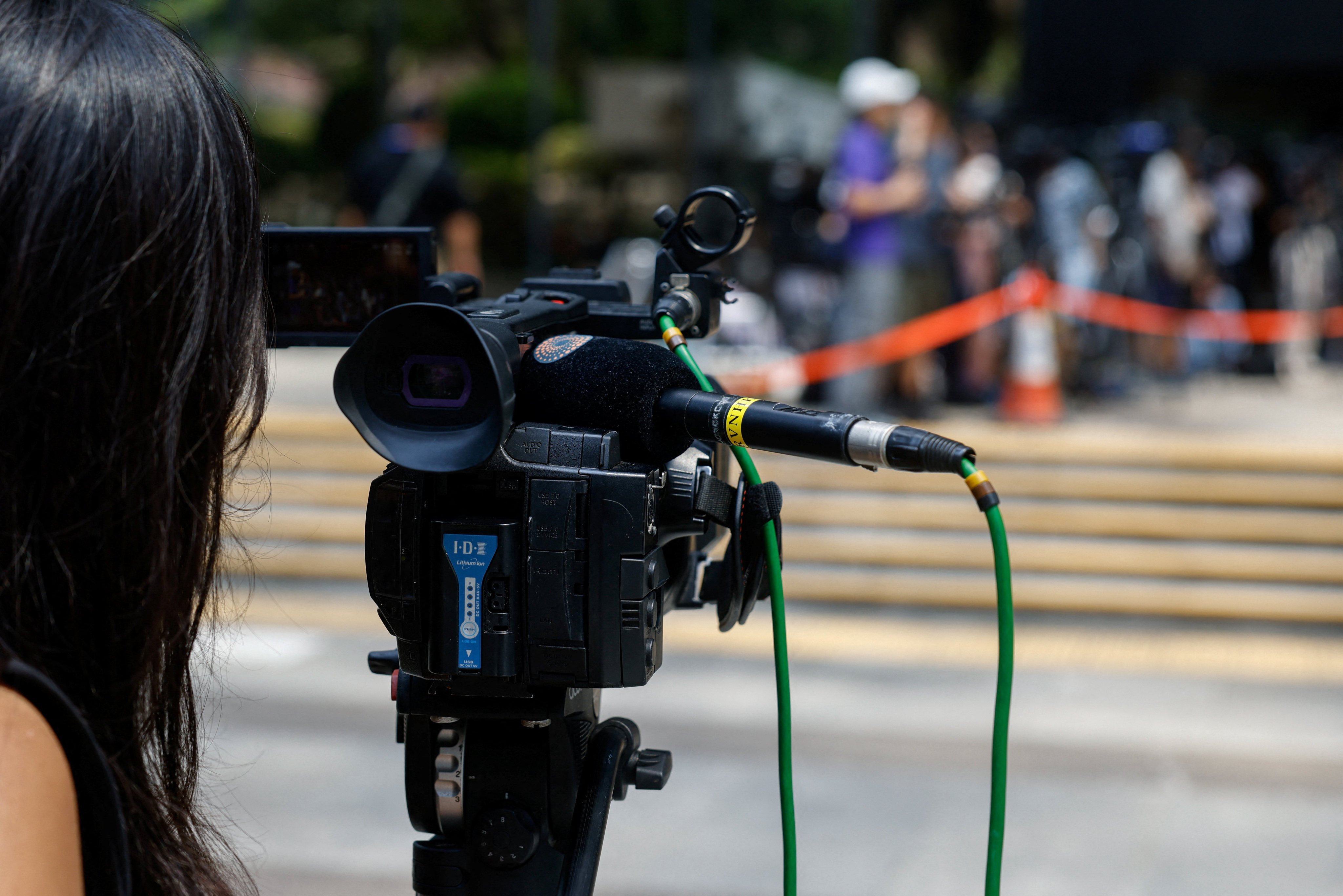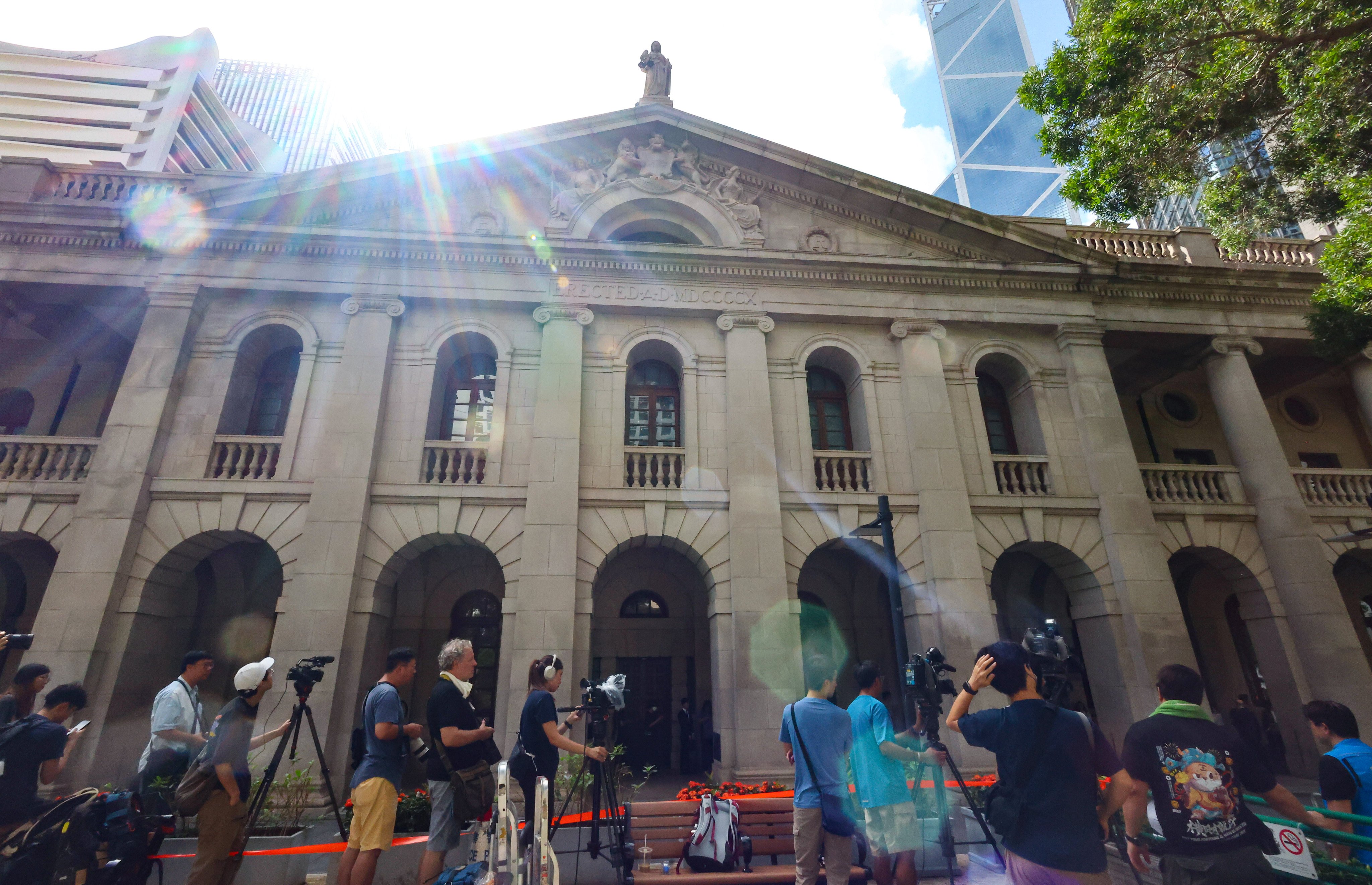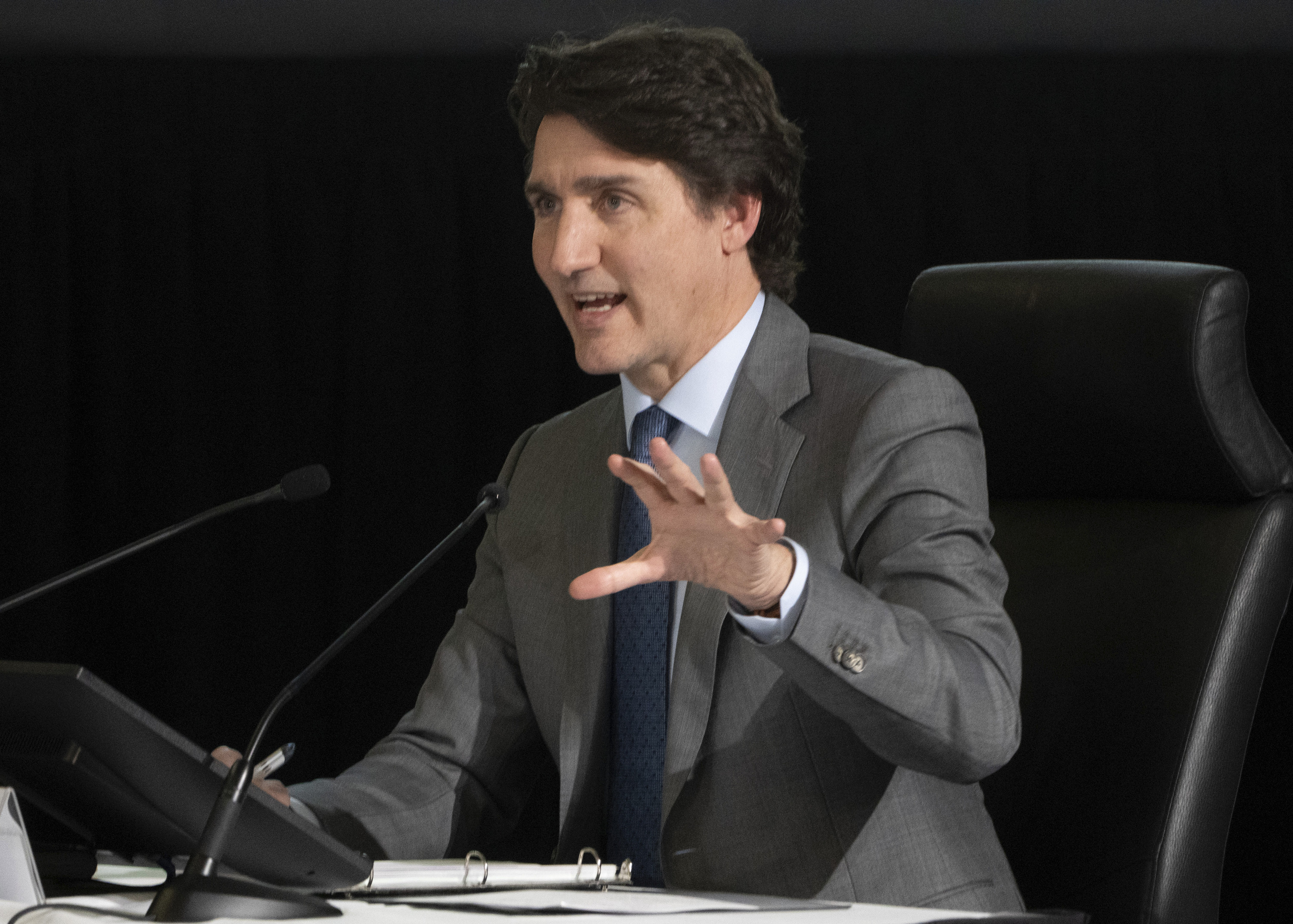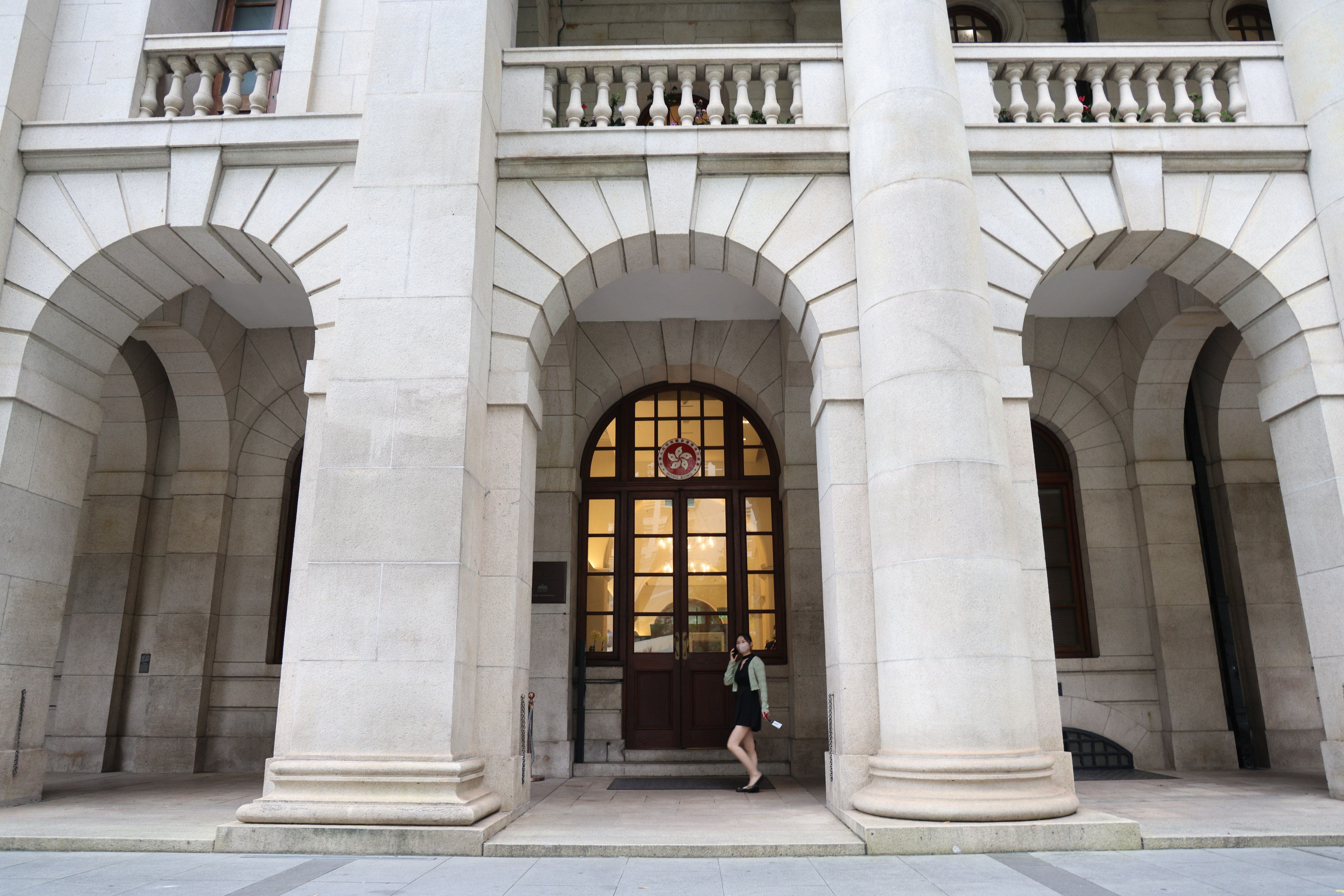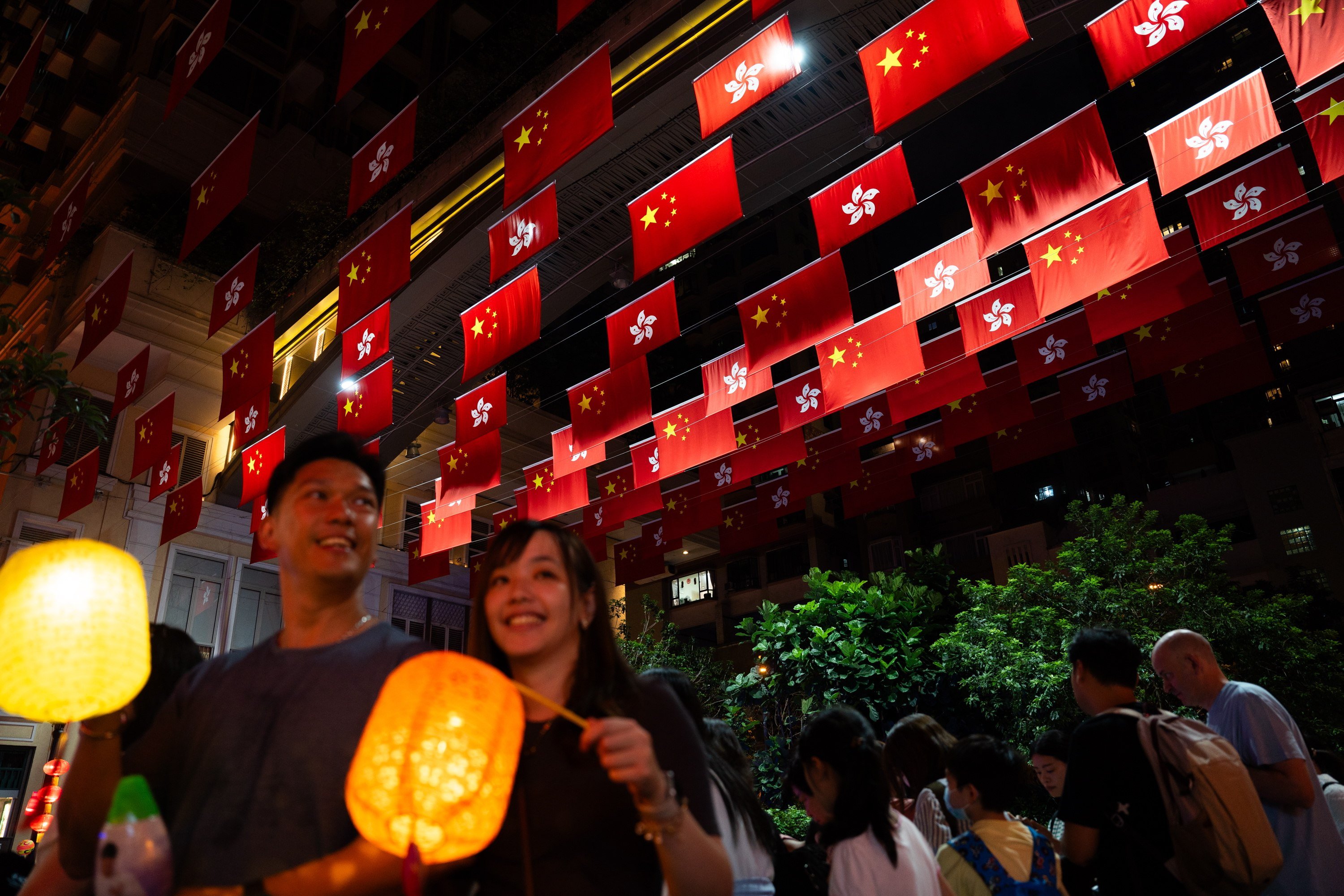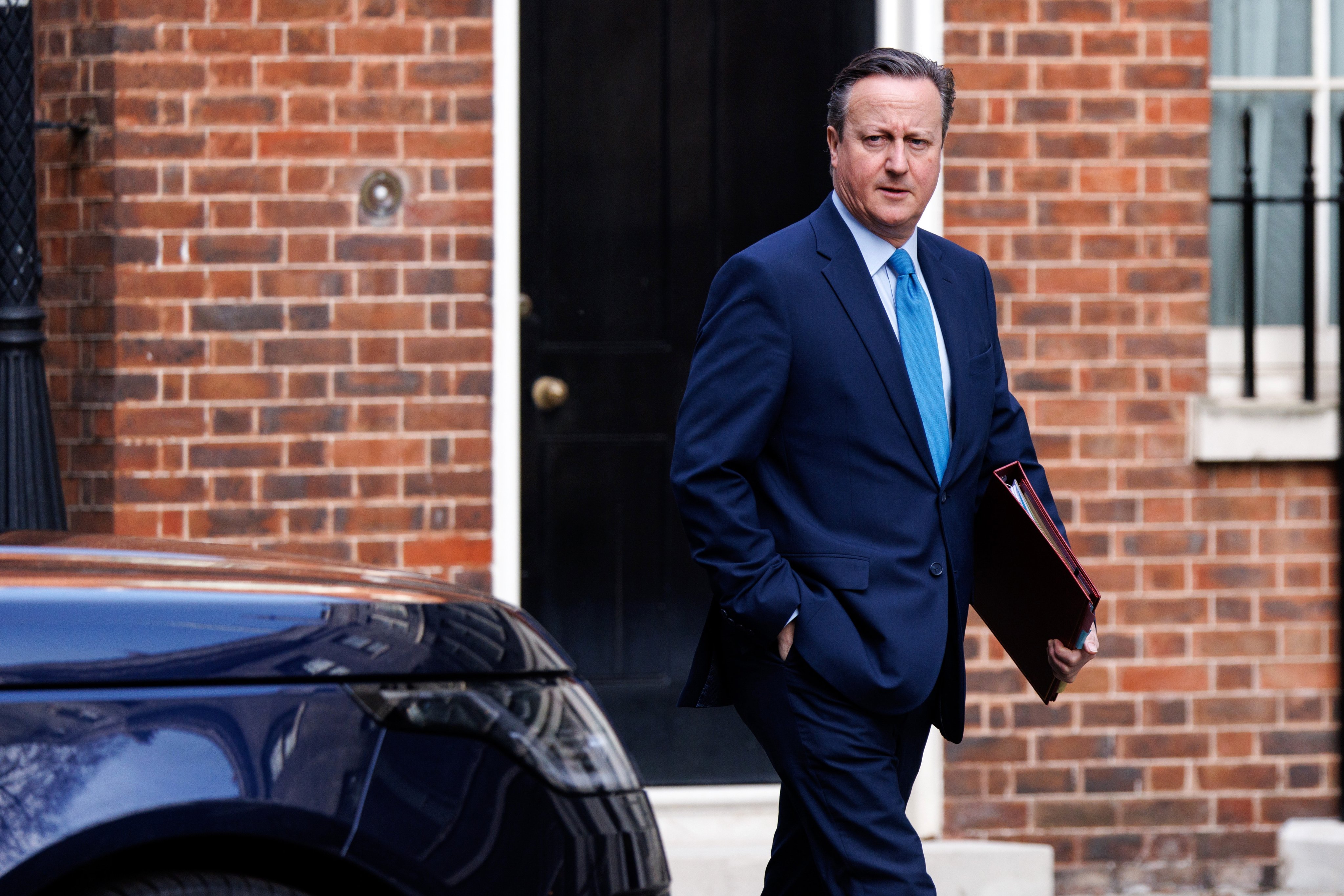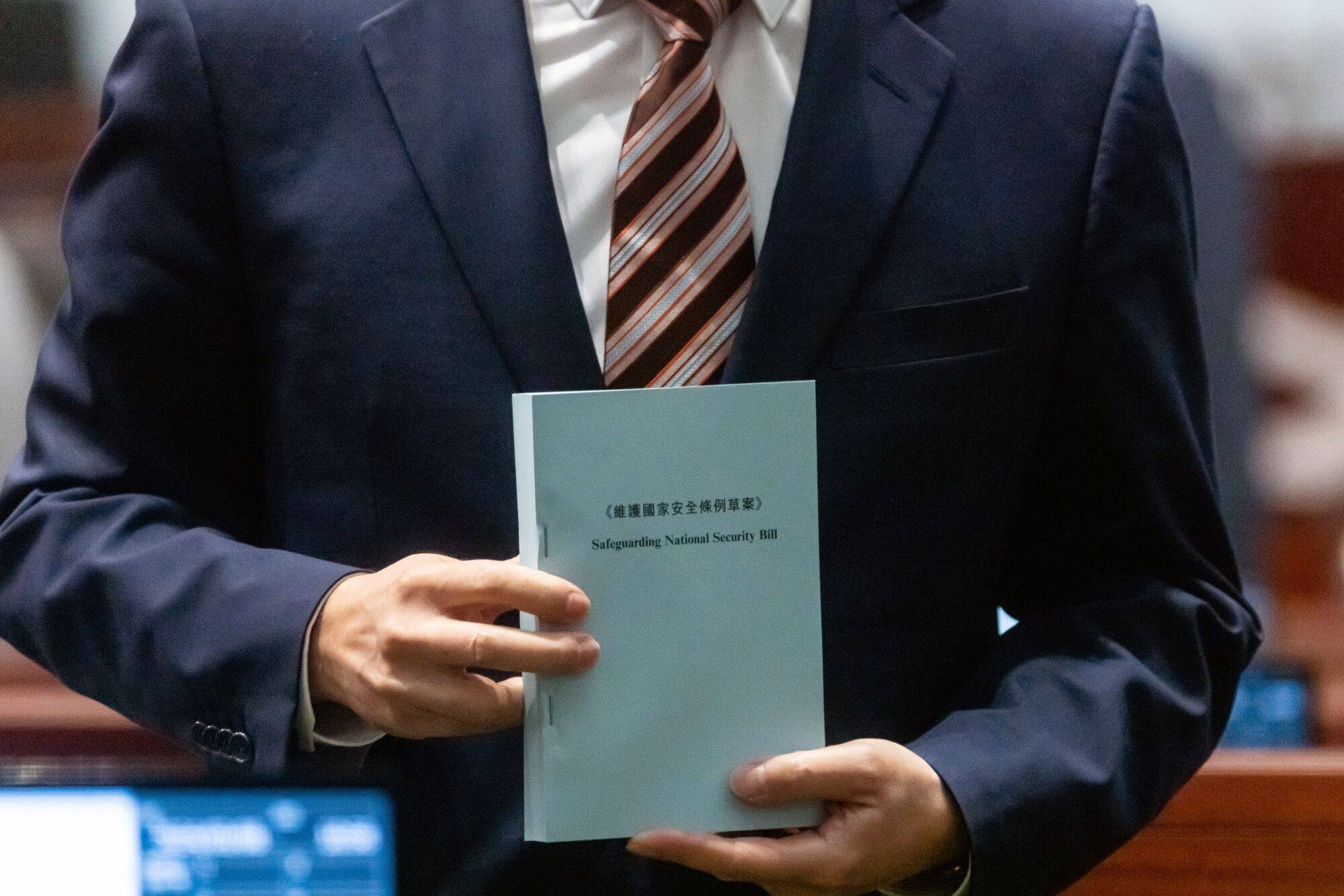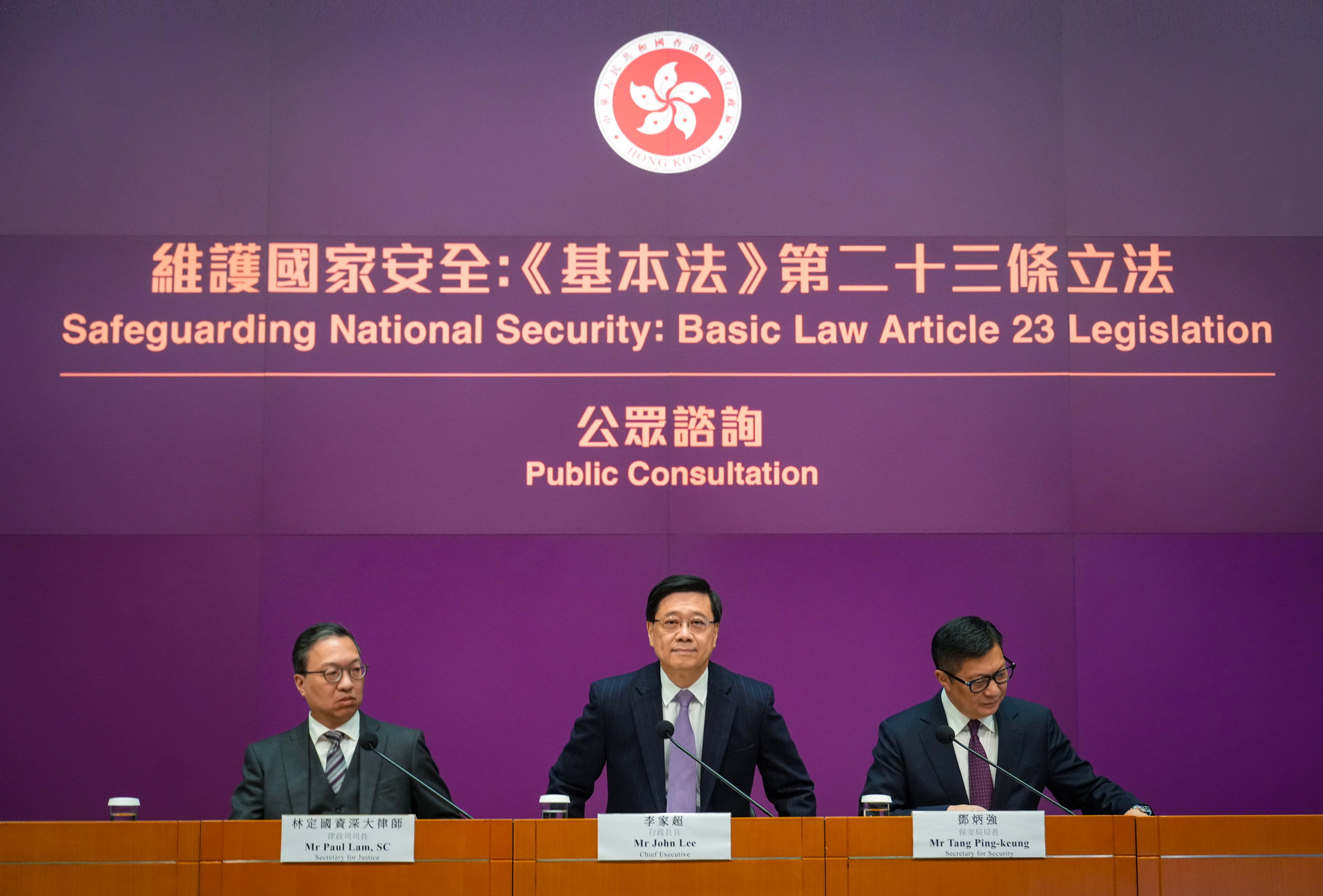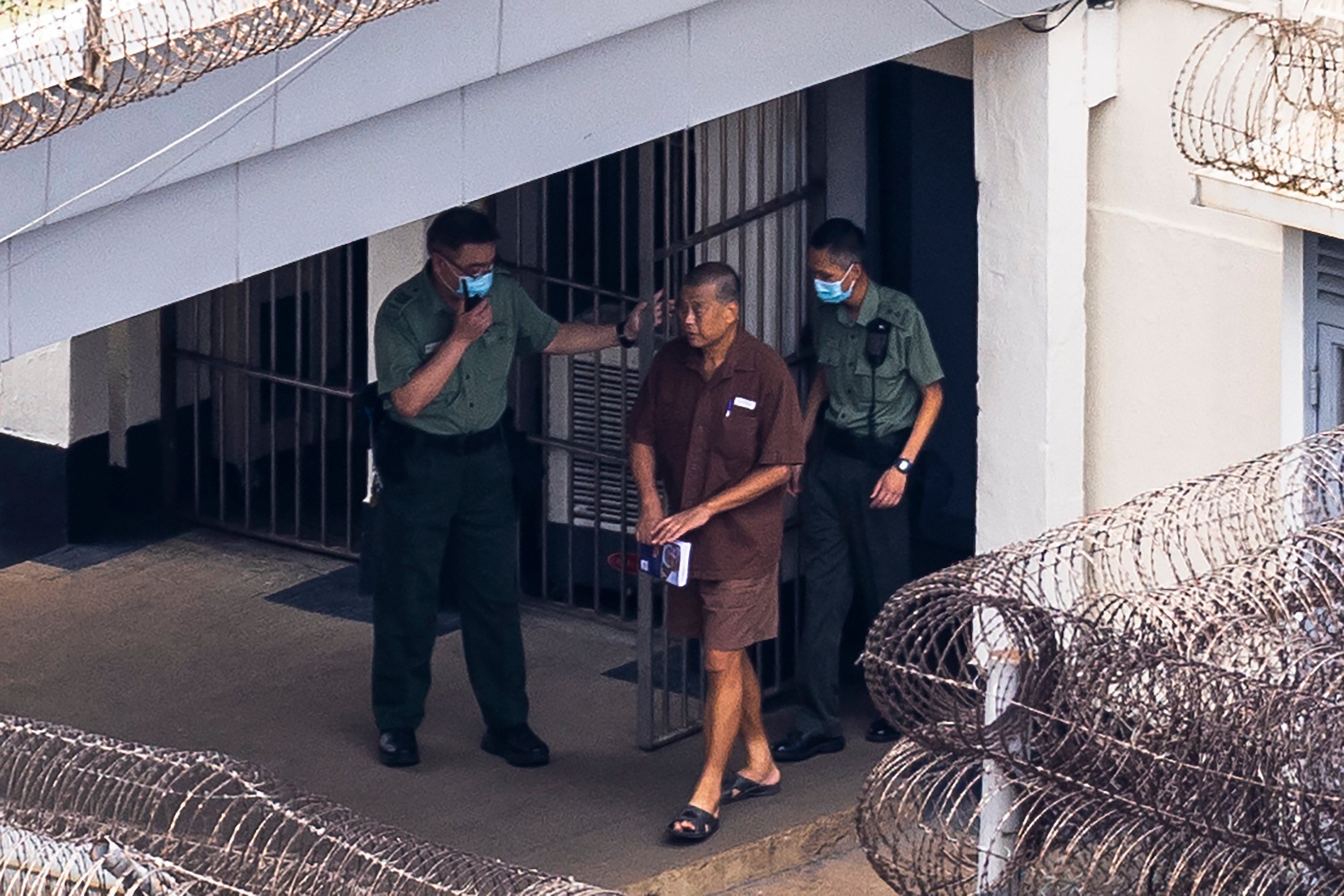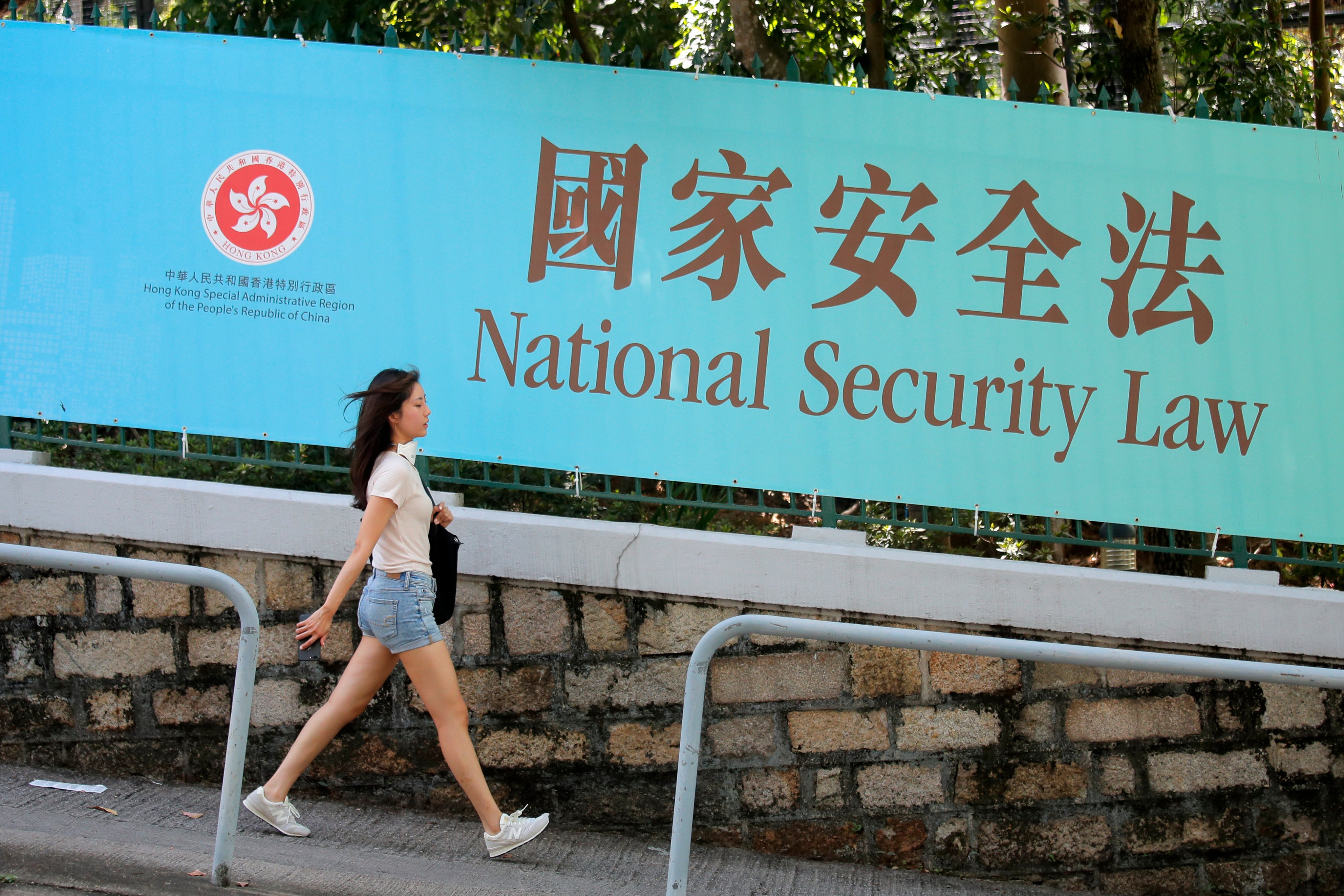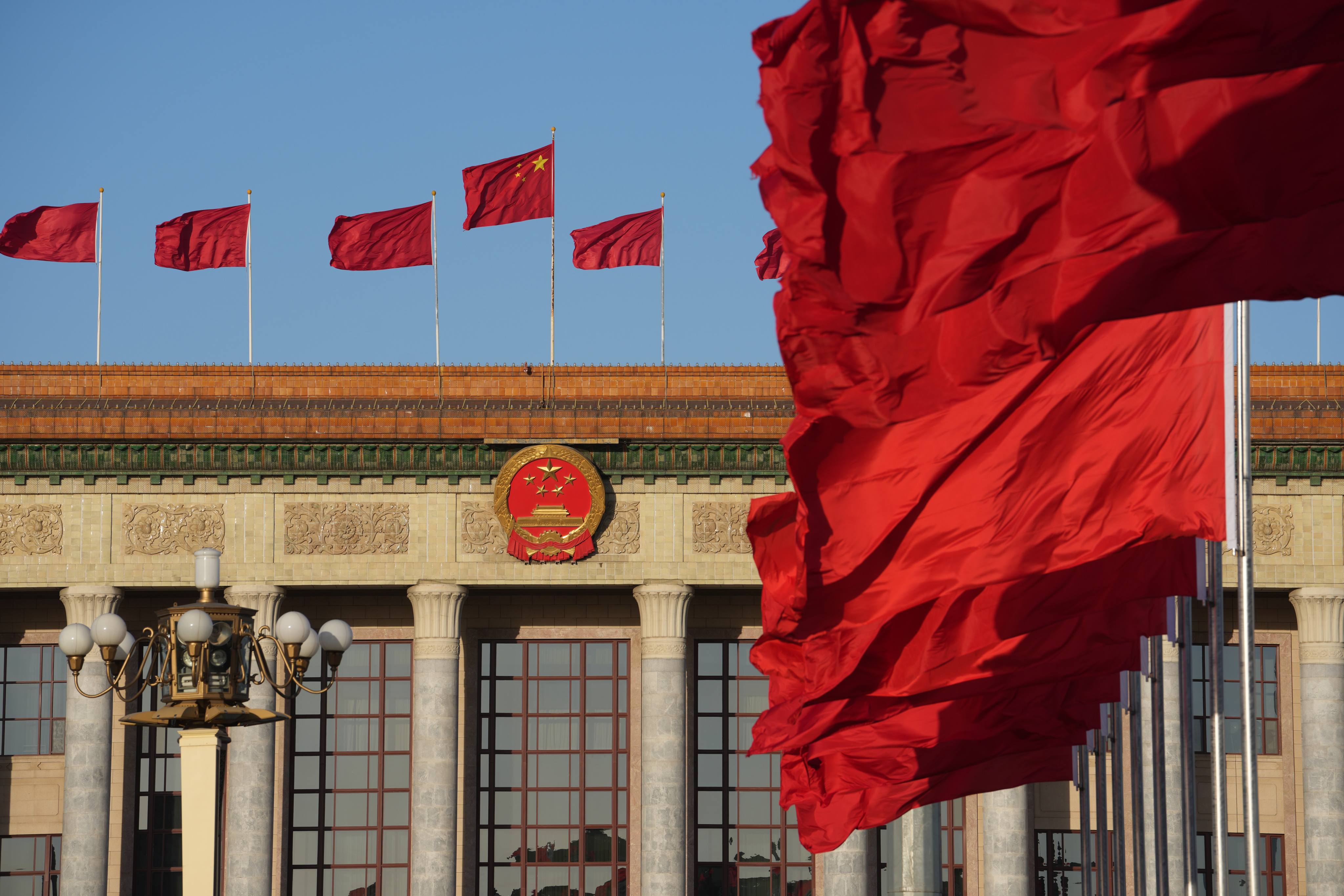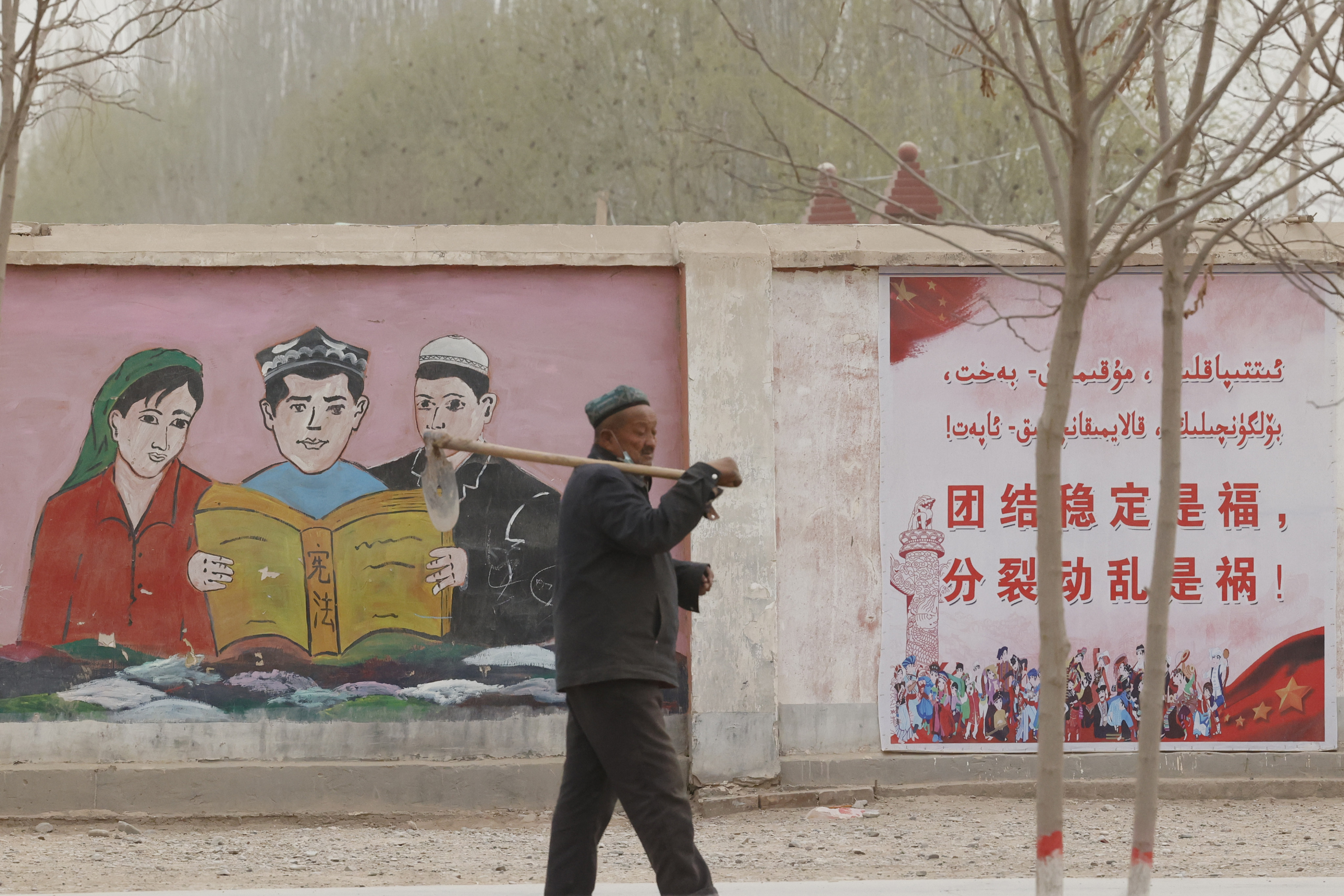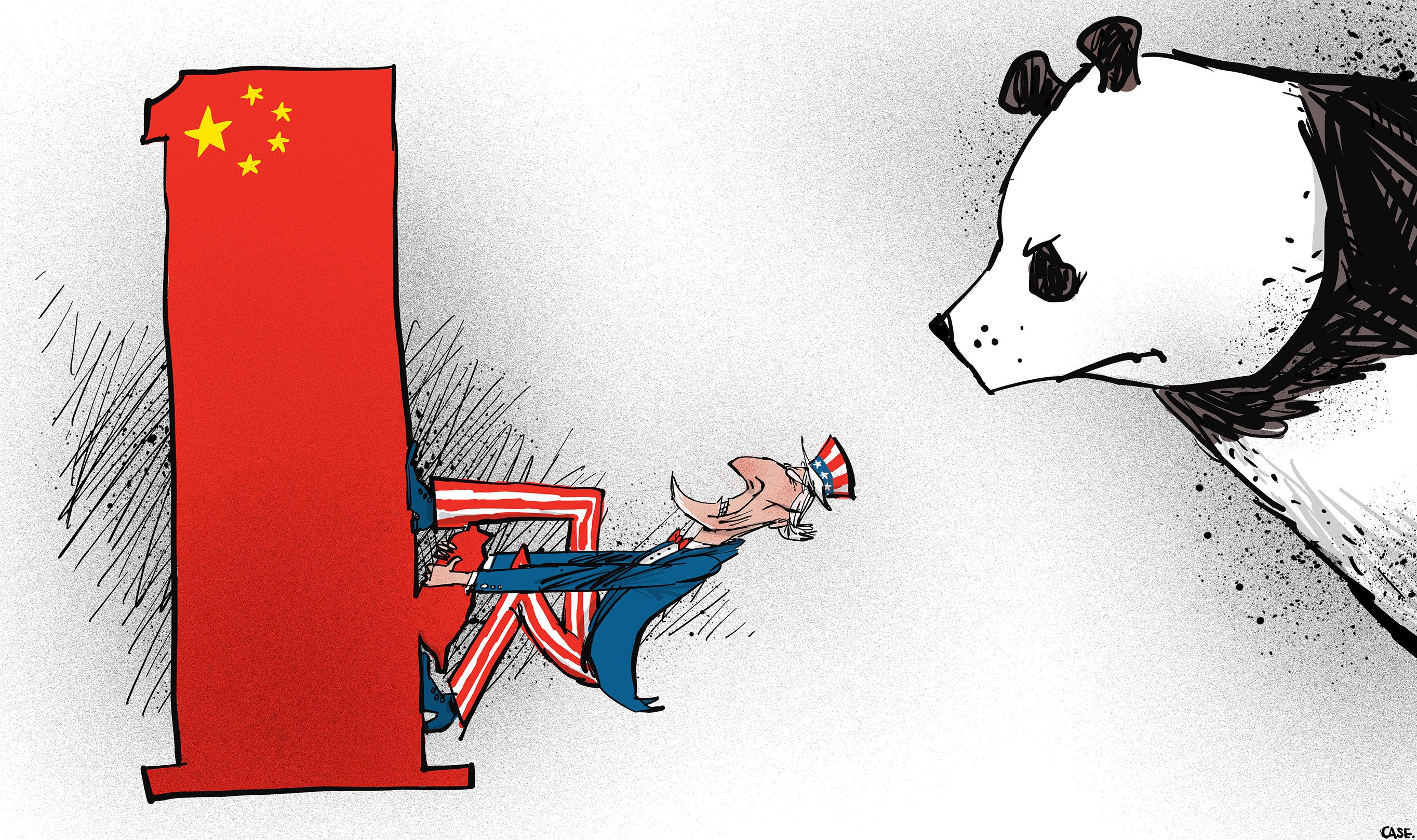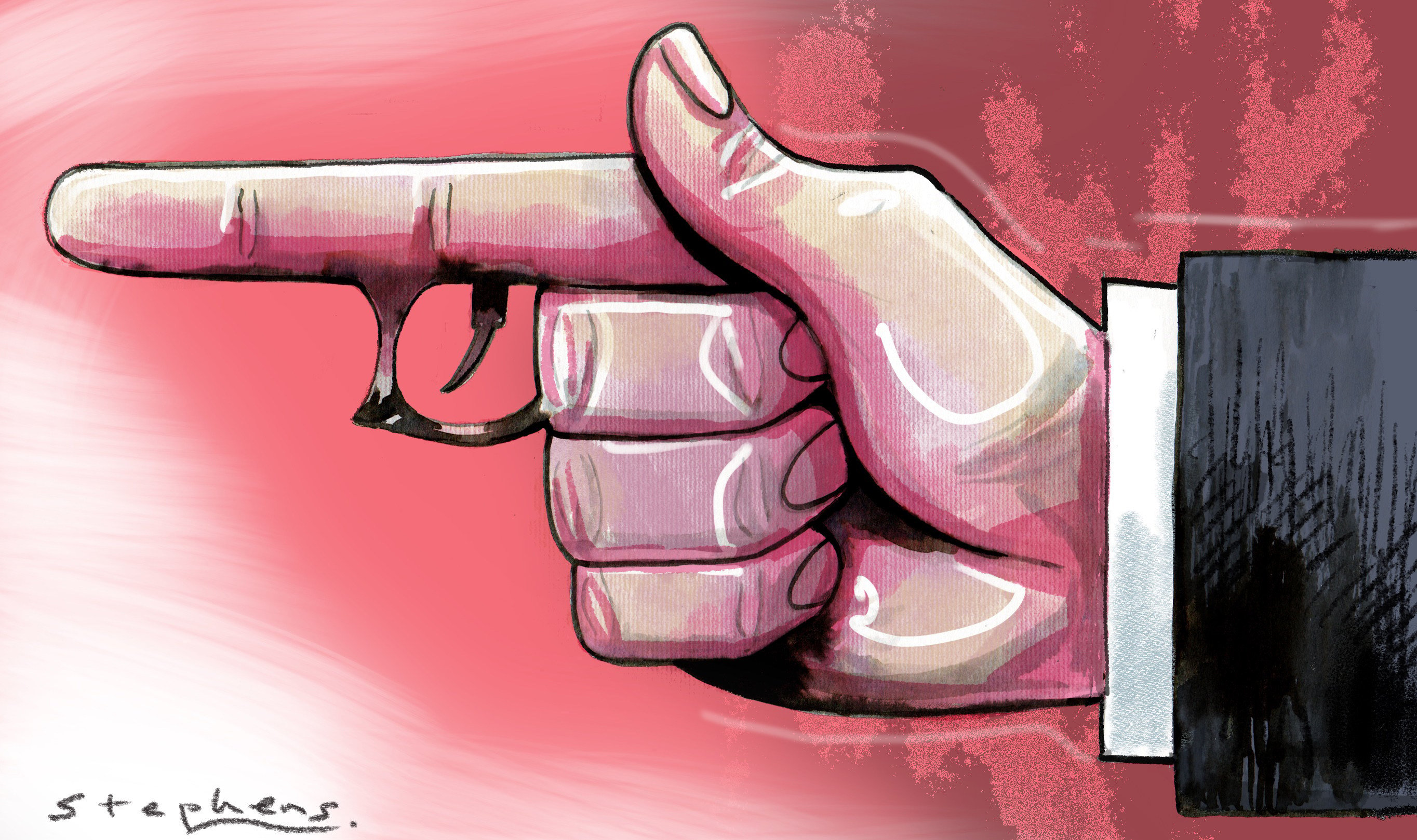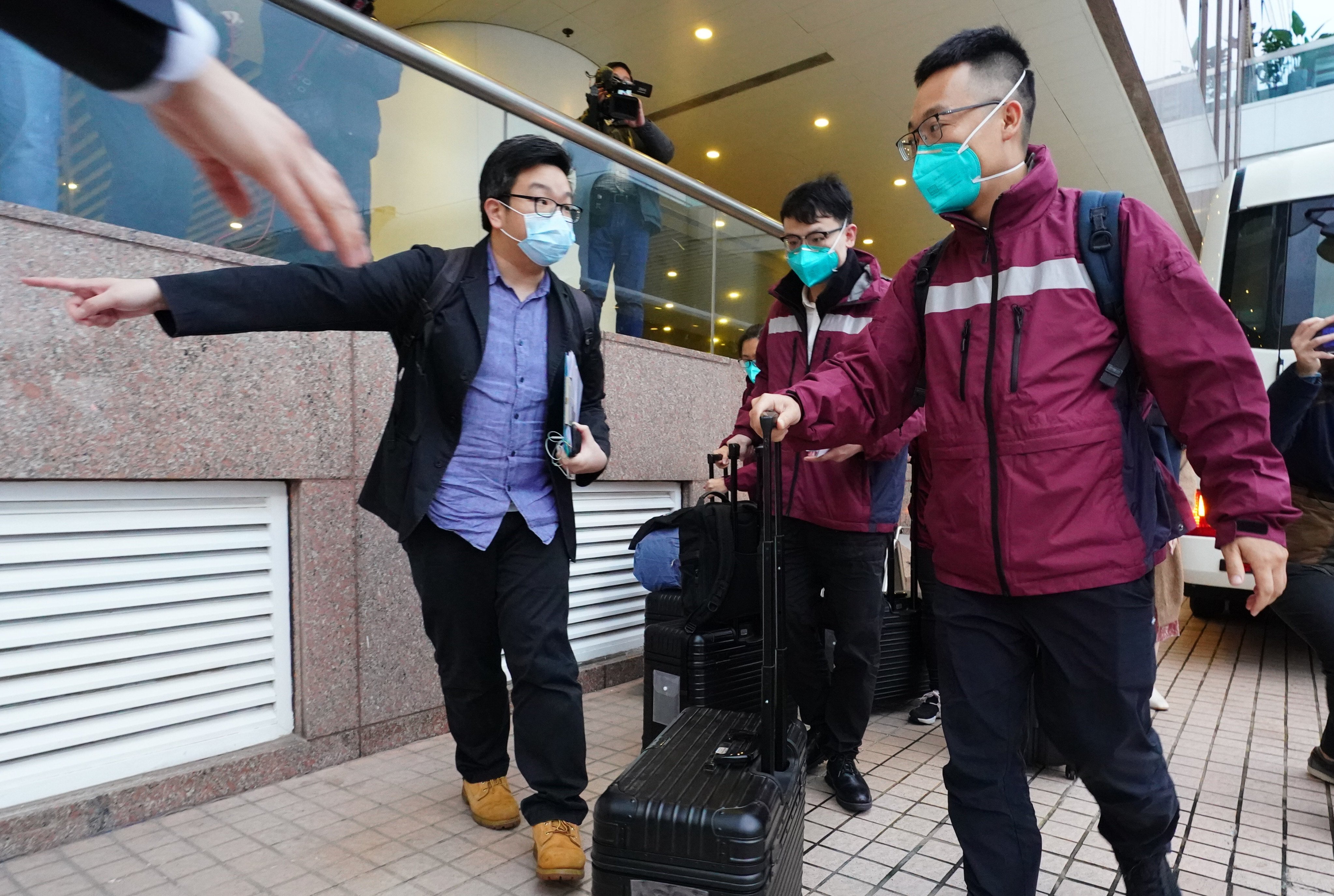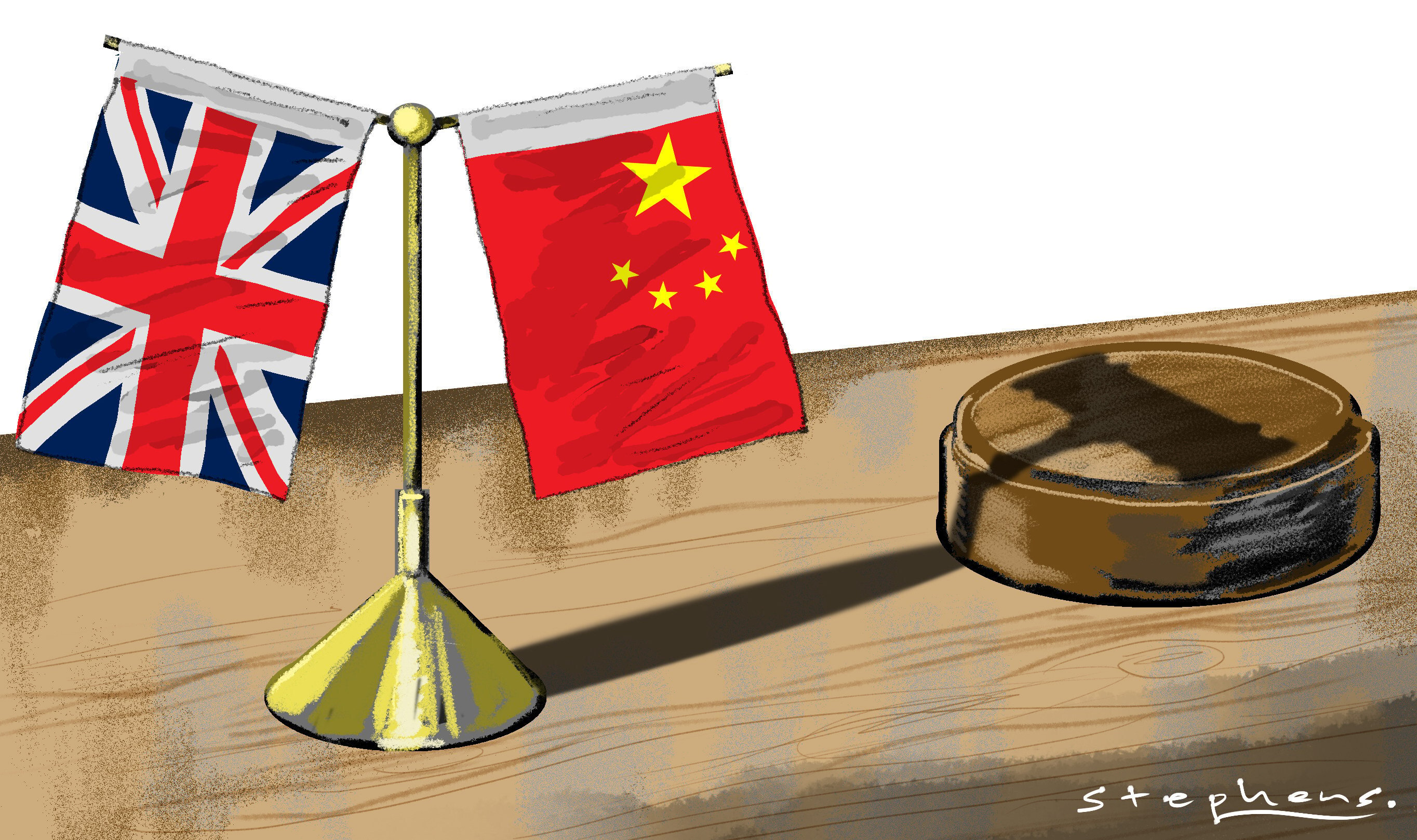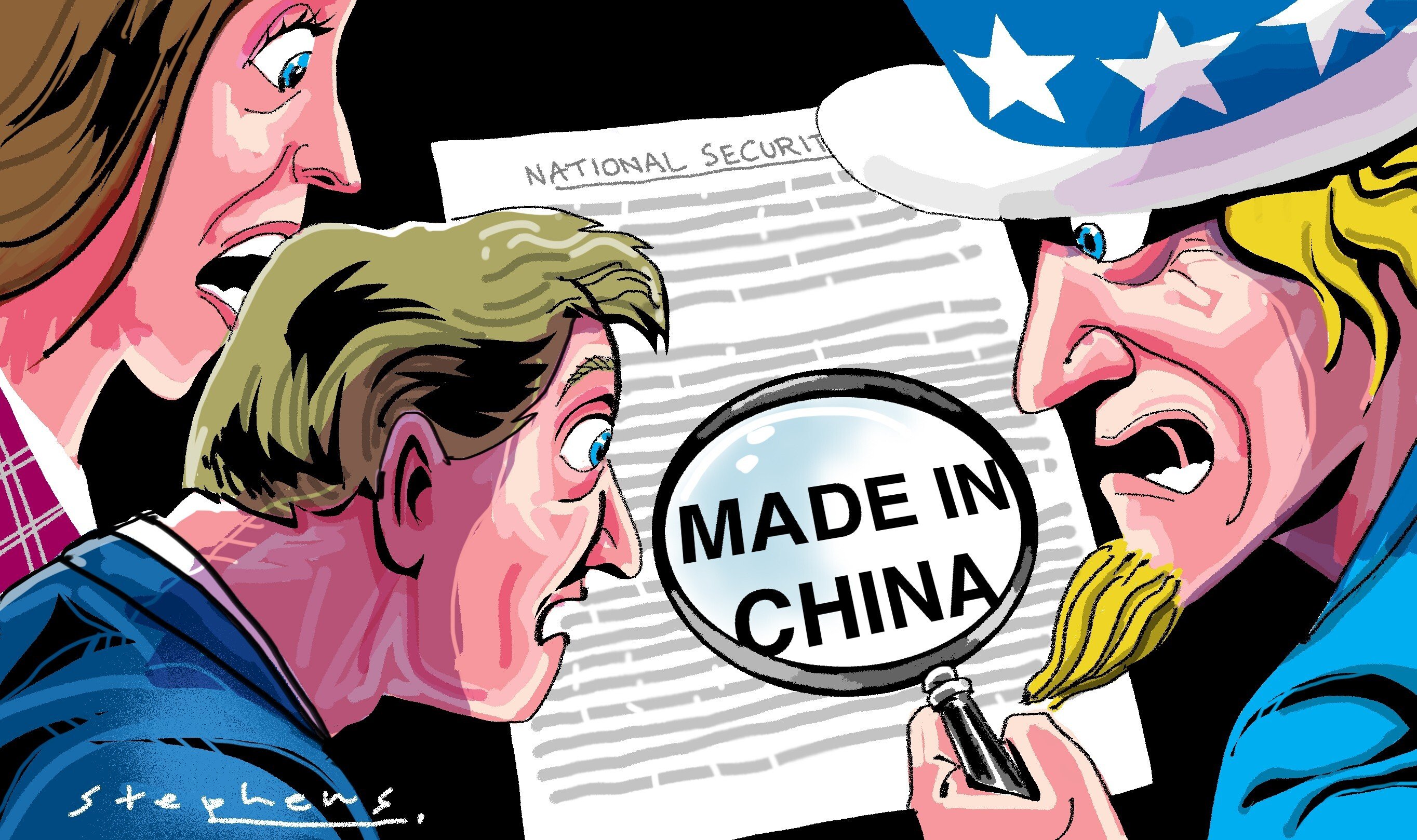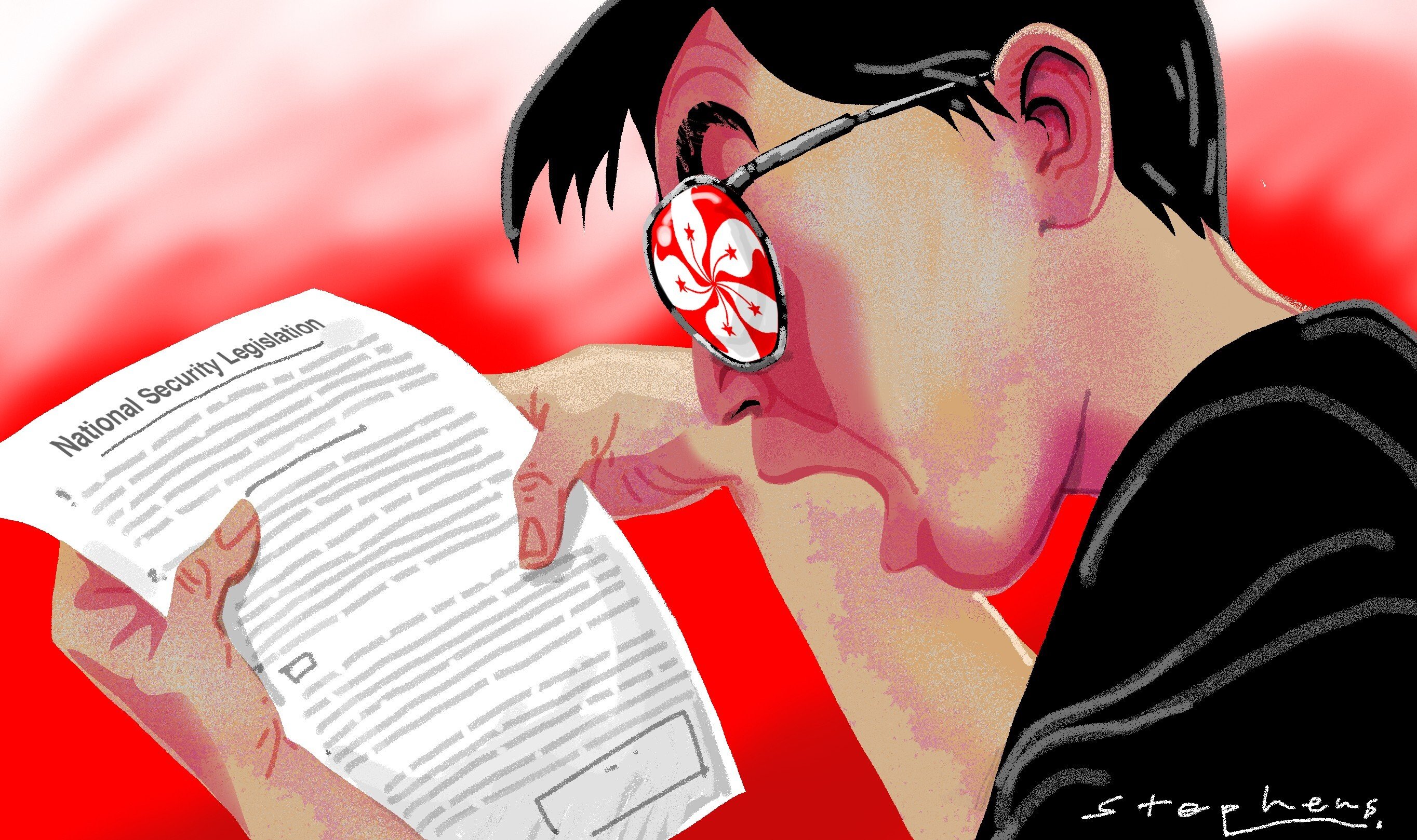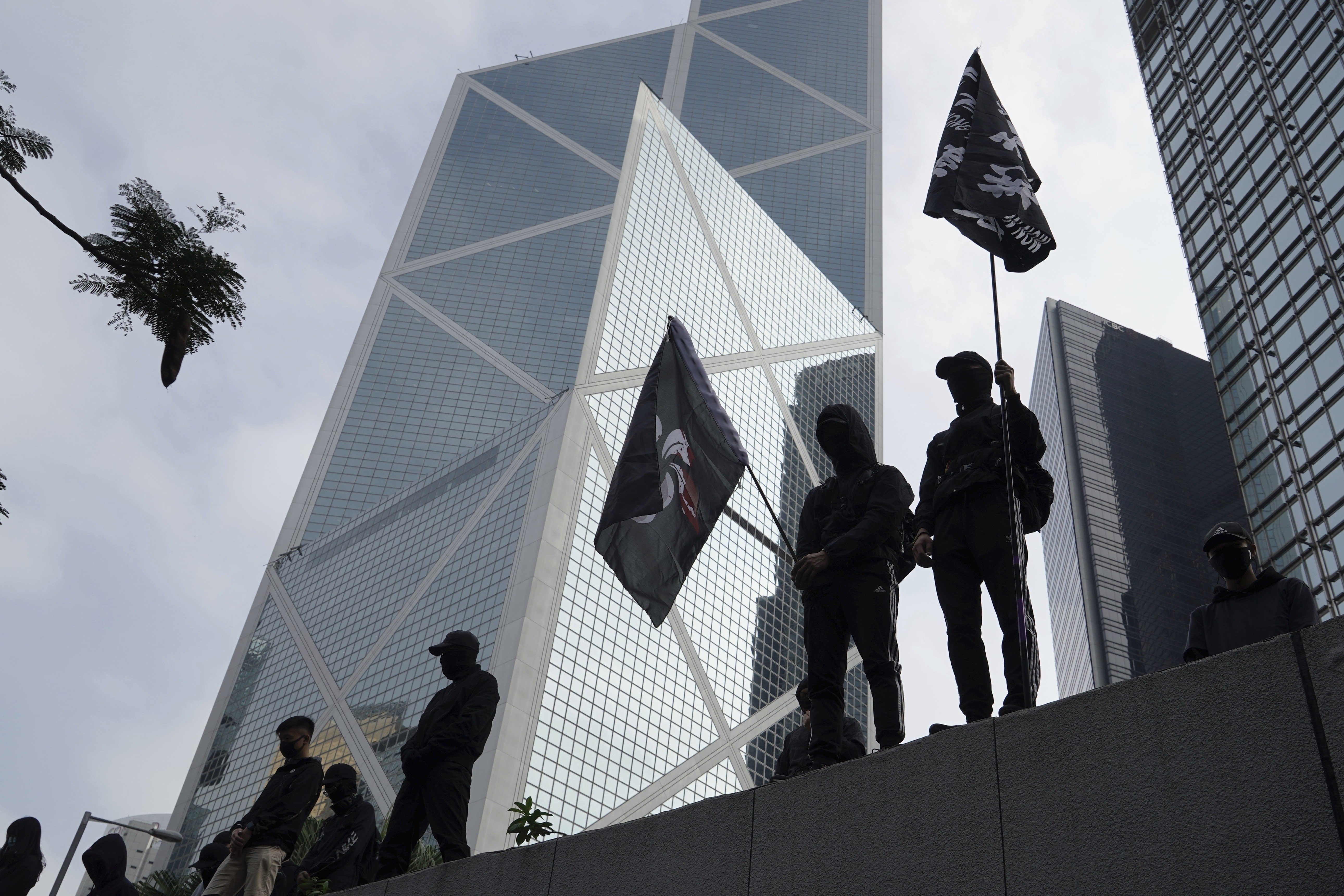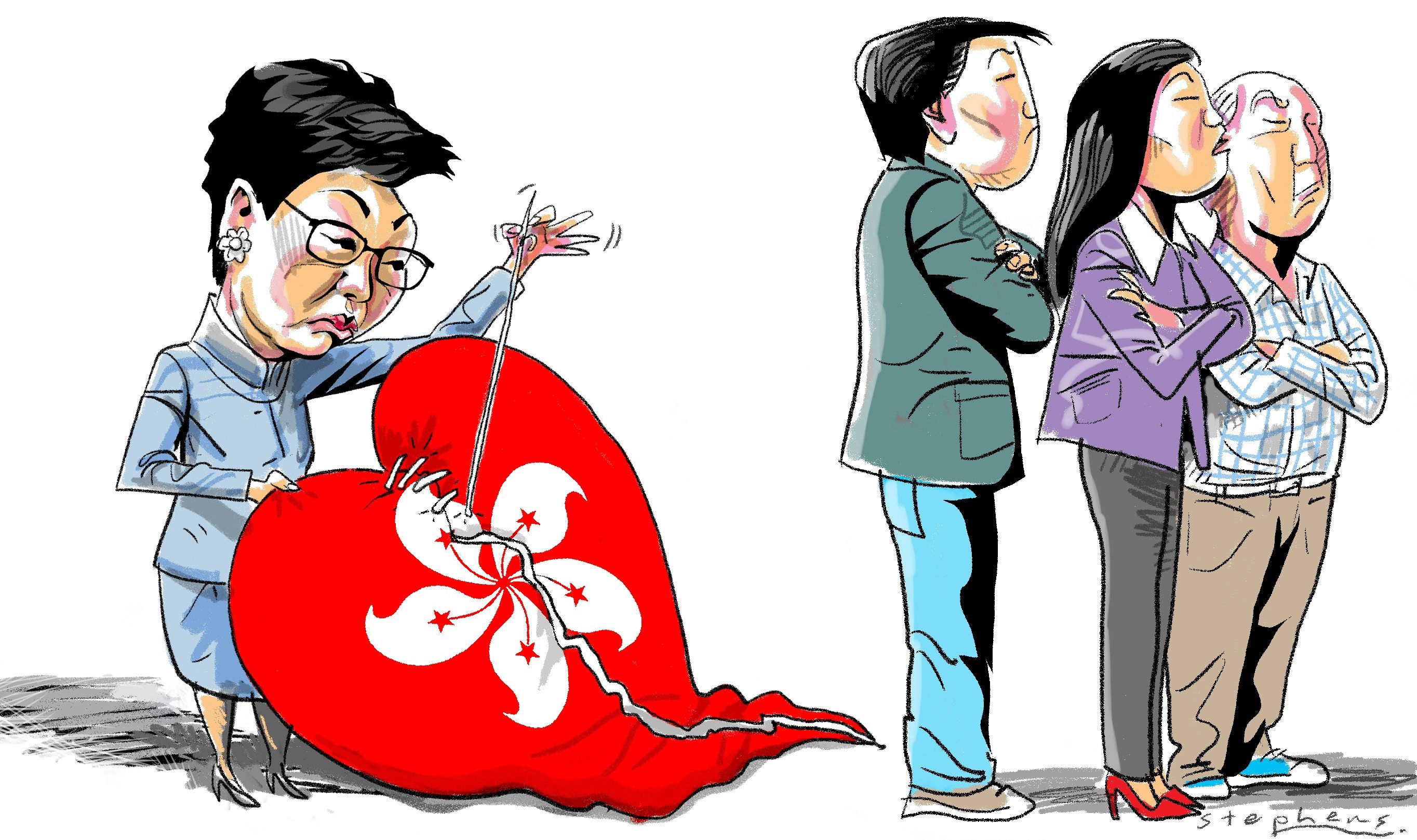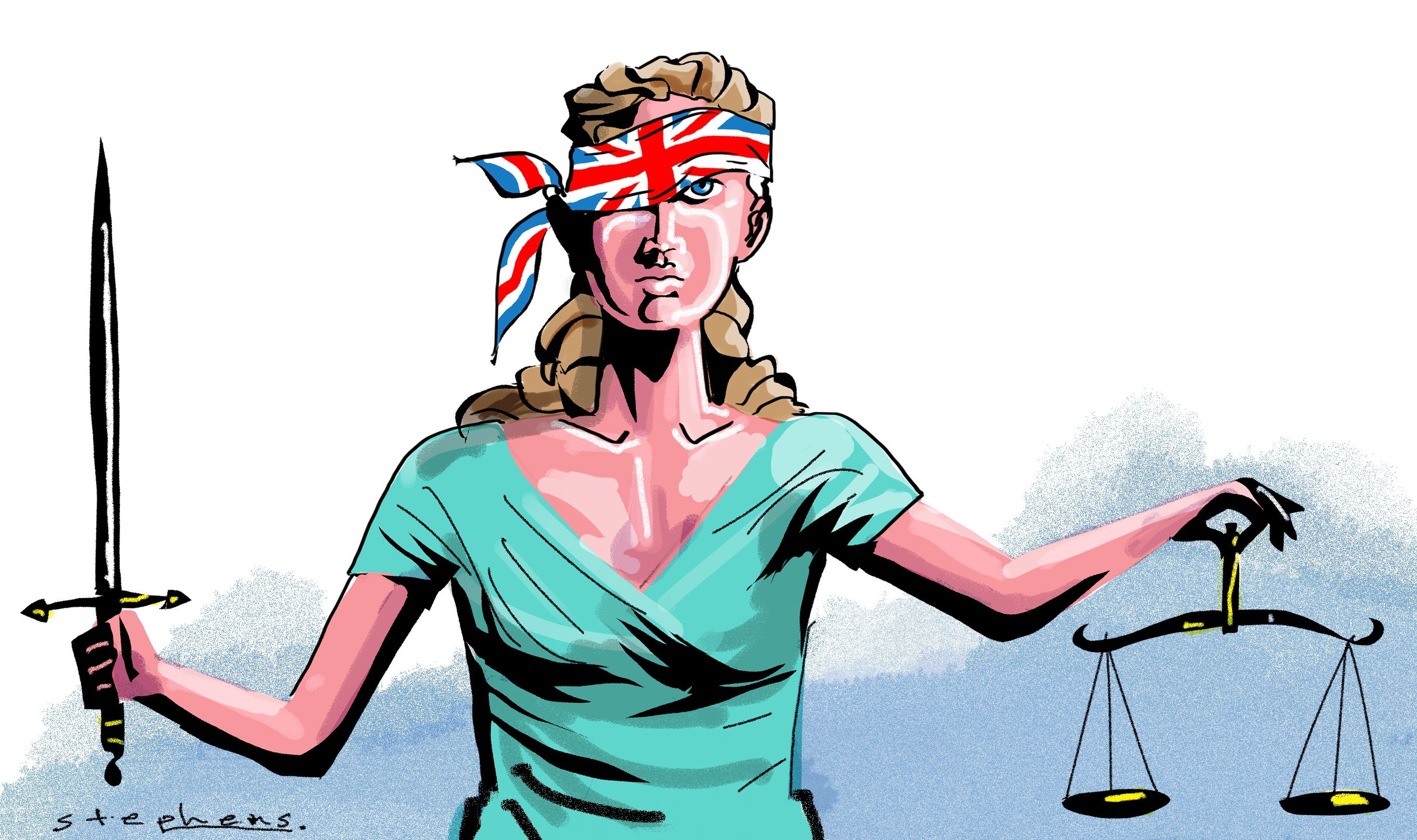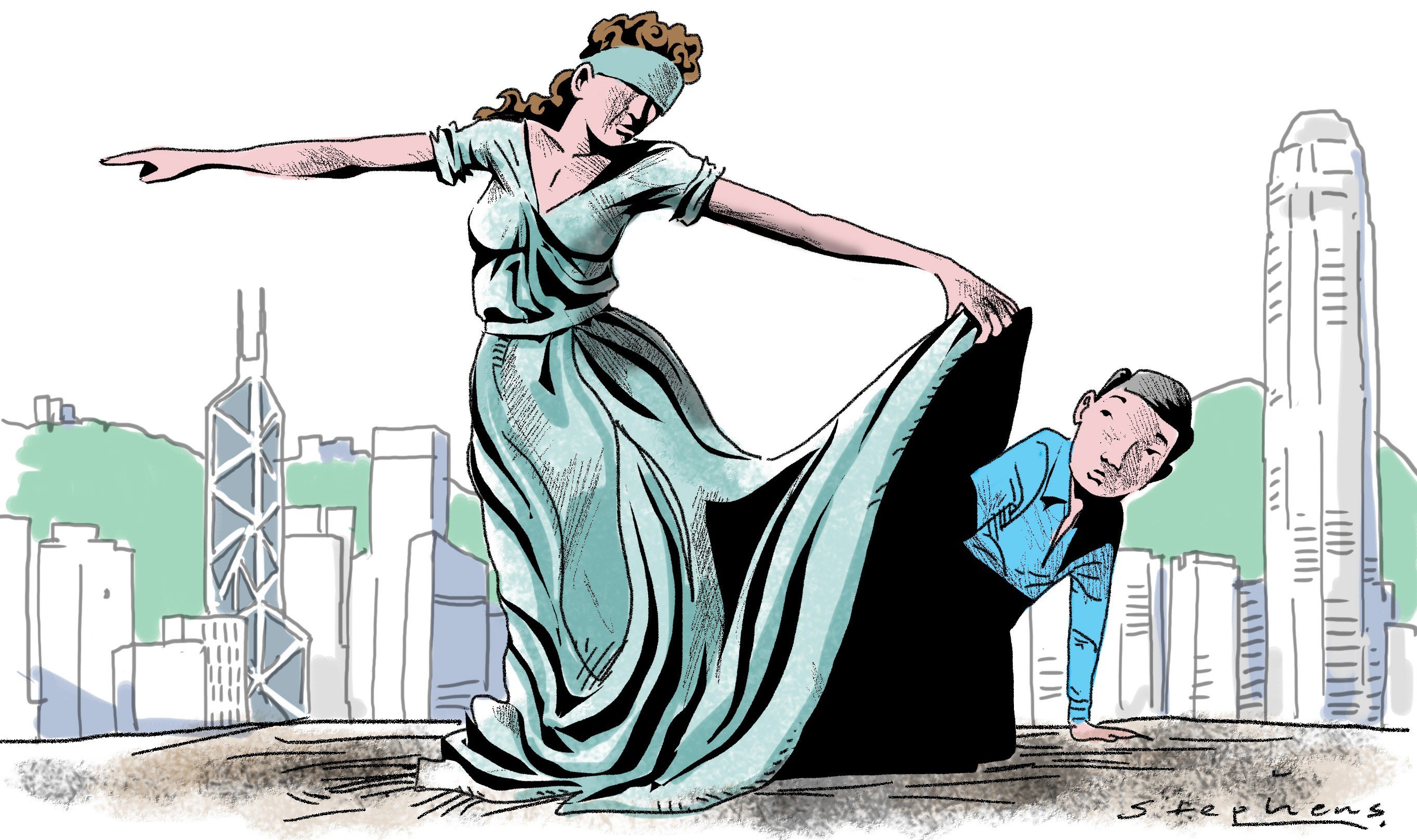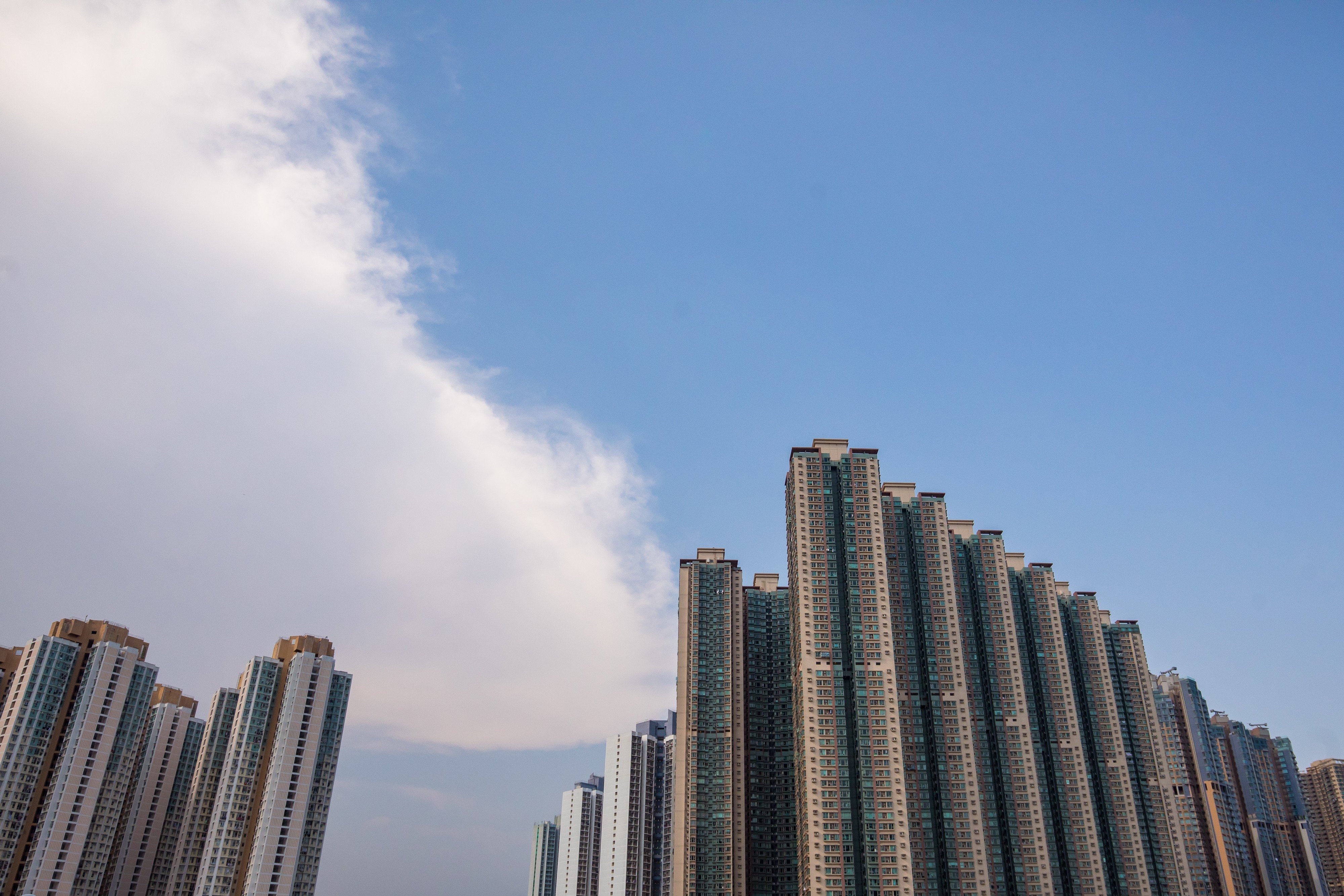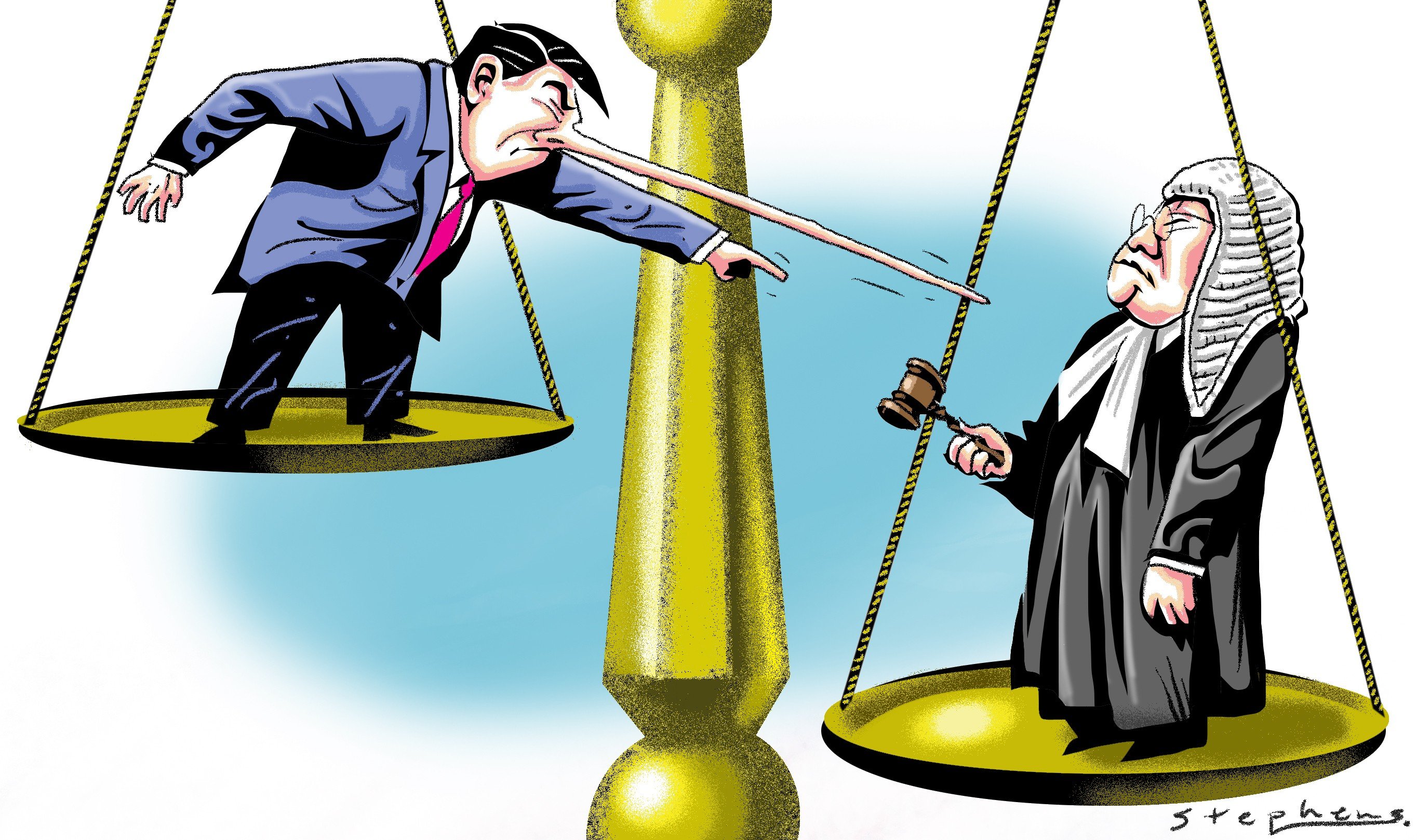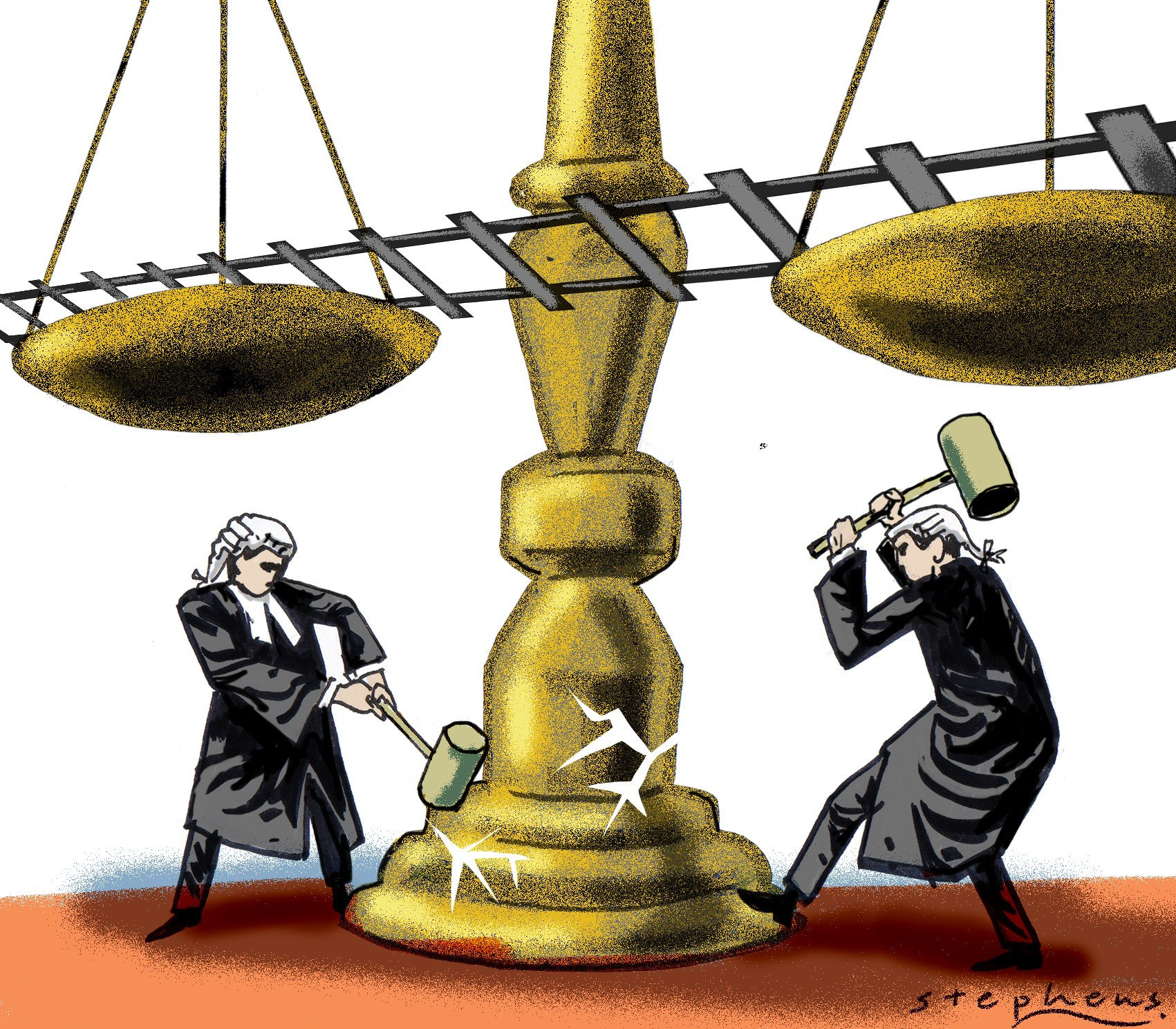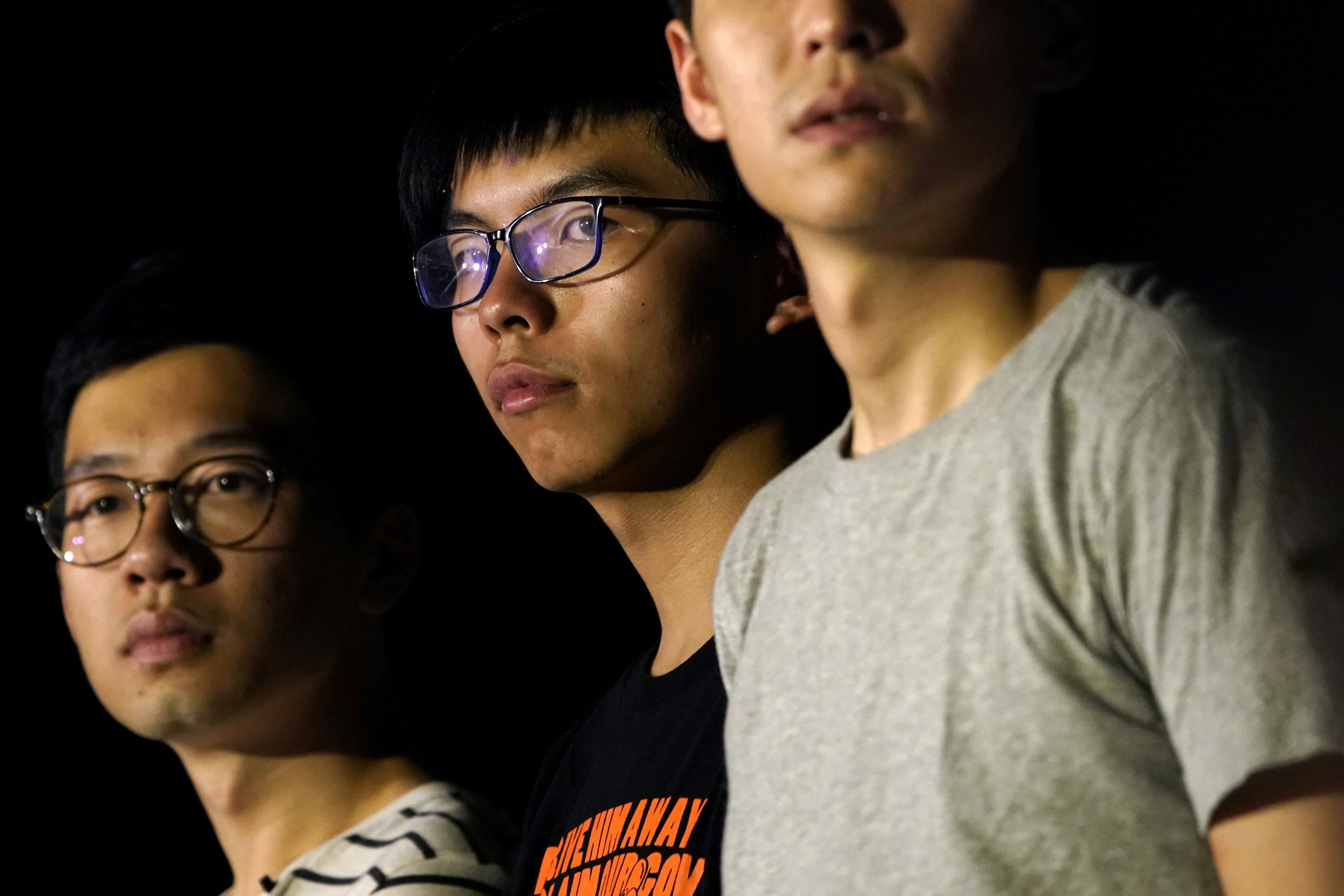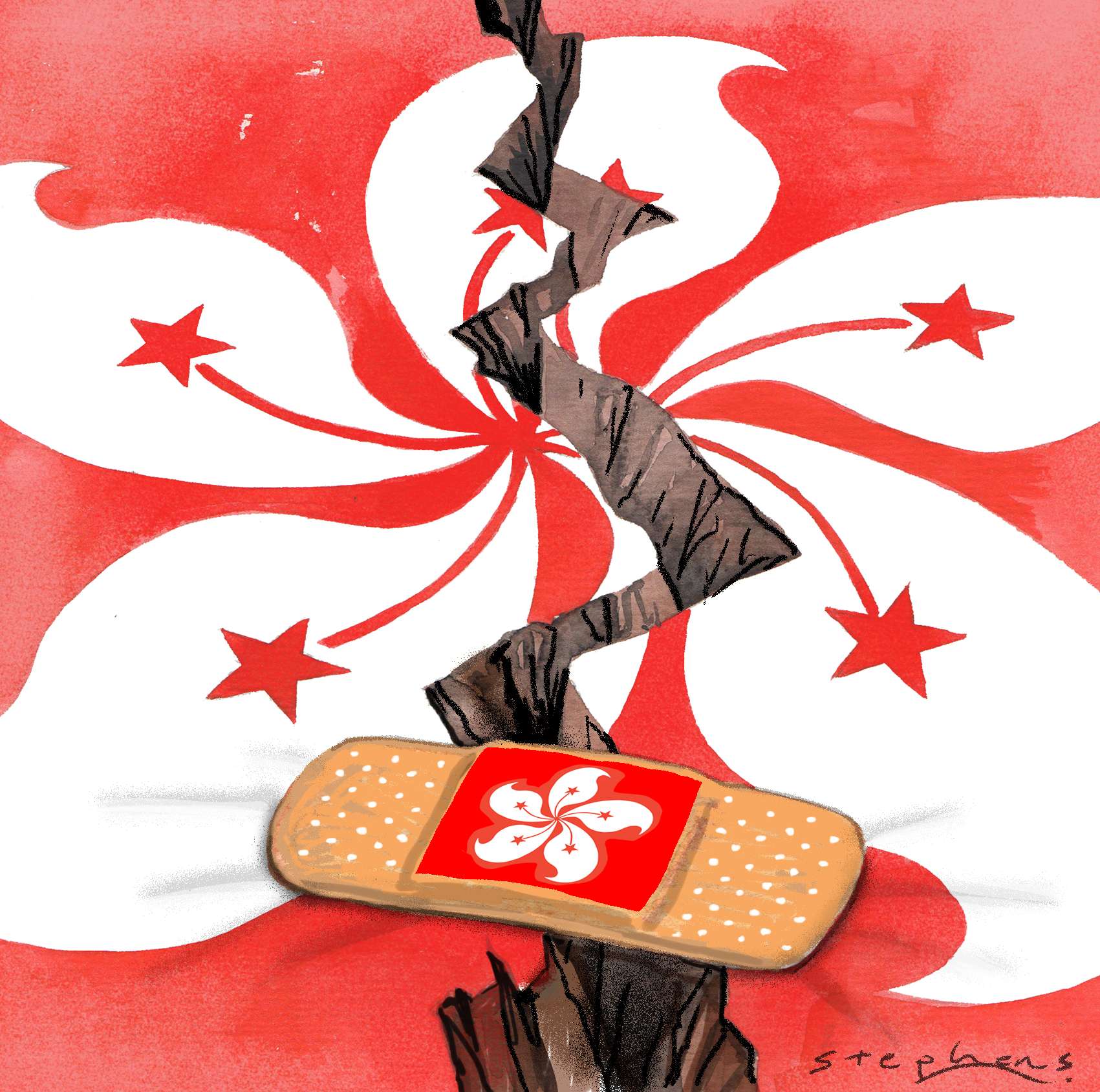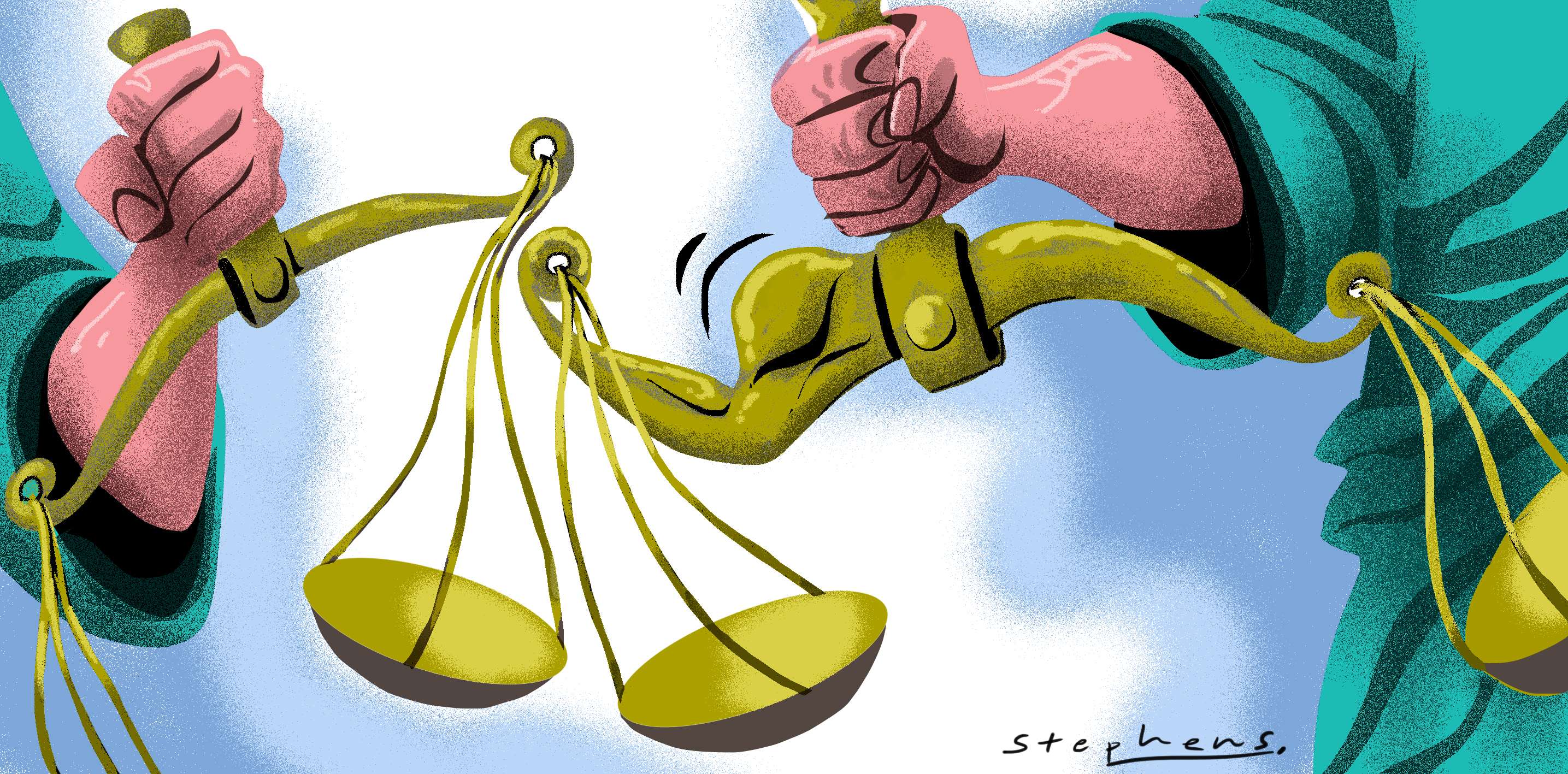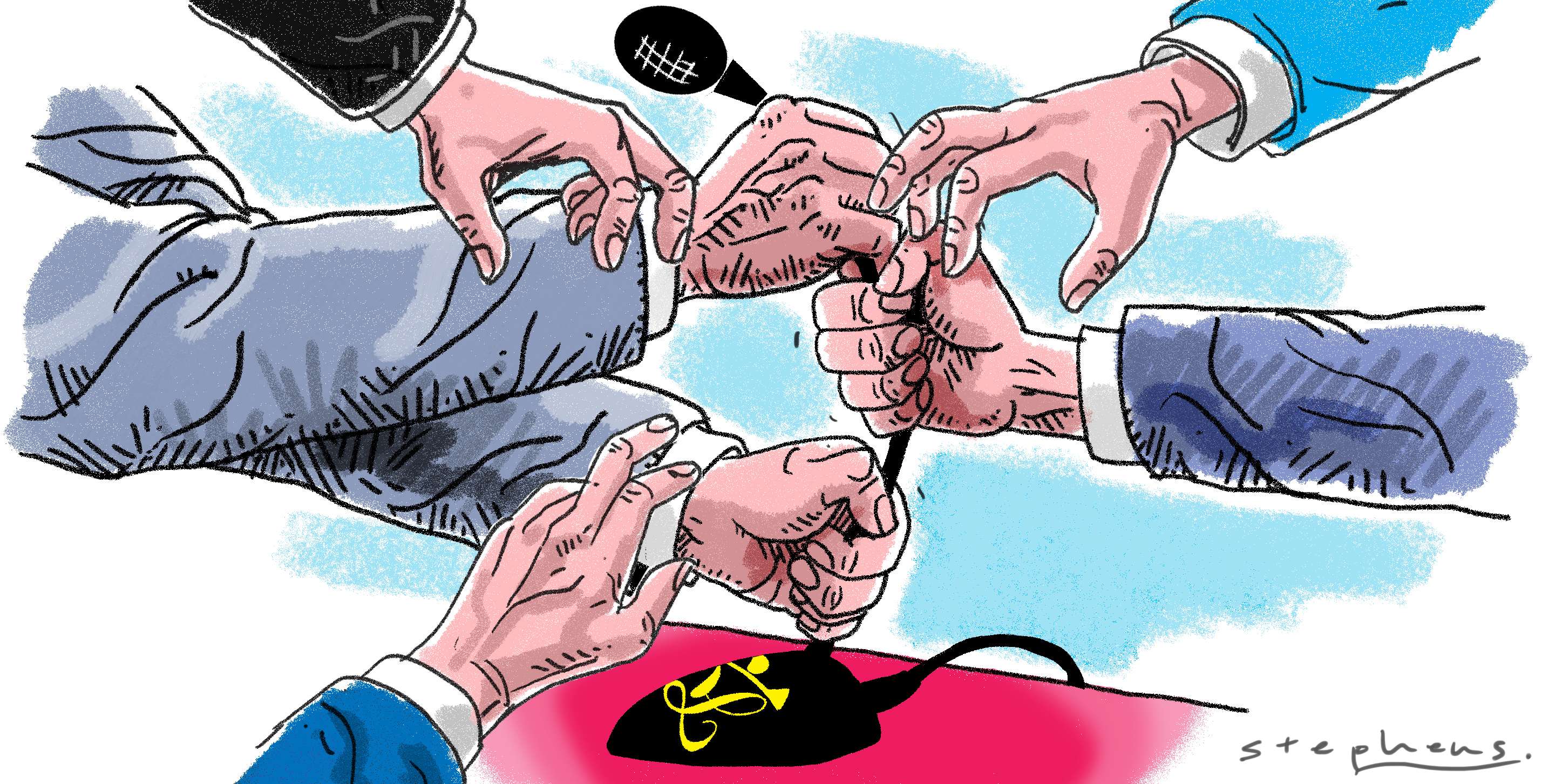Advertisement
Advertisement

Ronny Tong
Ronny Tong, SC, was chairman of the Hong Kong Bar Association from 1999 to 2001, and was first elected a member of the Legislative Council in 2004. He was re-elected to serve a third term in 2012, but resigned in September 2015. He is currently a member of the Executive Council and convenor of the Path of Democracy think tank. His three major areas of concern are constitutional development, fair competition and the alleviation of poverty.
The judgment sets out the reasons for finding the media outlet guilty of sedition, a crime in Hong Kong since colonial times.
Those who pander to a particular political audience in accusing Hong Kong of giving up on the rule of law are, after all, only politicians.
Canada is not alone in tightening security as things worsen between the West and China, with Hong Kong, unfortunately, caught in the middle
Decades after China established the Court of Final Appeal, it could be argued that Hong Kong no longer needs British judges to shore up its reputation.
Advertisement
A report on Hong Kong by the Centre for Strategic and International Studies does not appreciate fundamental pillars set out in the Basic Law. The city is still governed by Hongkongers, maintains judicial independence and has an international identity under the umbrella of China.
In enacting Hong Kong’s national security law, China acted legitimately to protect its sovereignty in accordance with the Sino-British Joint Declaration. To insist on political rhetoric as the basic premise of the report is most regrettable in the eyes of people in Hong Kong.
Subsidiary legislation is often found in both common law and civil law jurisdictions. Its purpose is to provide details and guidelines in relation to matters under the primary legislation – but never to create new offences.
From the UK and US to Singapore, the government decides what makes for a matter of national security. In Hong Kong, with the Article 23 consultation paper, we have a chance to speak up.
The religious leaders’ petition to free convicted fraudster Jimmy Lai is an attack on the integrity of our courts and does a disservice to the Catholic Church. Whether one believes in the concept of innocence until proven guilty, legally, we should leave the judging of a crime to the courts.
While the parliamentary group has accused China of being in breach of the Joint Declaration, it is the UK’s failure to stand up for China’s sovereignty over Hong Kong that is the real issue.
The US consul general’s warning of an erosion of judicial independence fails to understand the nature of Hong Kong’s ‘high degree of autonomy’. The power of interpretation in a civil law system is legislative in nature, not judicial, and it deals with the constitutional or legislative intent of a law, rather than specific cases.
In the absence of convincing facts and arguments, it is difficult to understand how the mere enactment of a legal regime on terrorism can constitute a crime against humanity. The report also relies too heavily on the testimonies of self-declared victims and their family members.
As the political temperature rises over the Taiwan Strait, the US is supplying more arms and seeking to raise the temperature even more. Chinese are a peace-loving people but they will not accept being bullied any more or ever allow Taiwan to be separated from China.
The UN human rights body’s blind condemnation of Hong Kong’s national security law, while remaining silent on a UK bill that would seriously threaten the freedom of its people, suggests a blatant political bias against China.
Repeatedly asking about medical compensation is insulting and raises the question of whether press freedom can exist as a core value under ‘one country, two systems’ if it ignores basic ethics.
The meaning of the slogan at the heart of the court debate was never in doubt – it means “liberate Hong Kong from Chinese rule”. Hongkongers who sought to undermine China’s territorial integrity and the foreigners who supported them were acting against the Joint Declaration.
Much of the criticism is not based on a careful reading of the law, and does not give credit to the professionalism of the Hong Kong law enforcement and judicial authorities who will be the ones to enforce the law and adjudicate on it.
The draft decision, when passed, will initiate the long-delayed passage of a Hong Kong law to safeguard the nation from subversion and foreign interference. It comes after months of violent unrest and challenges to state power that have worried Beijing.
Through its filter of political bias, the US government agency draws dire conclusions about Hong Kong’s rule of law and alleges police brutality without evidence. Its accusation of a Chinese propaganda and disinformation campaign is hypocritical at best.
The government has responded to most demands, and even taken a step back. Protesters should see that the government is trying to meet them halfway, and give reconciliation a chance.
The UK experience underlines how concerns about another territory’s rule-of-law record do not stop an extradition agreement from being reached. Effective extradition, which serves the interests of justice, must also be based on mutual trust.
Hong Kong has clear-cut agreements on extradition with many countries. To say that one with Beijing would make Hong Kong subservient is an insult to our esteemed courts and judges.
Hong Kong has been historically built on reclaimed land and that this remains the most cost-effective and efficient way for the city to meet its housing and economic needs
Chris Patten and other politicians who accuse our judges of making ‘political judgments’ in high-profile cases must take off their own tinted glasses.
A professional body such as the Bar Association has a responsibility to refrain from using emotive rhetoric. Its recent statement falls far short of this standard.
While it is understandable that some people are unhappy with the court order of custodial sentences, the unproven accusations of bogus charges and political persecution must not be allowed to stand

